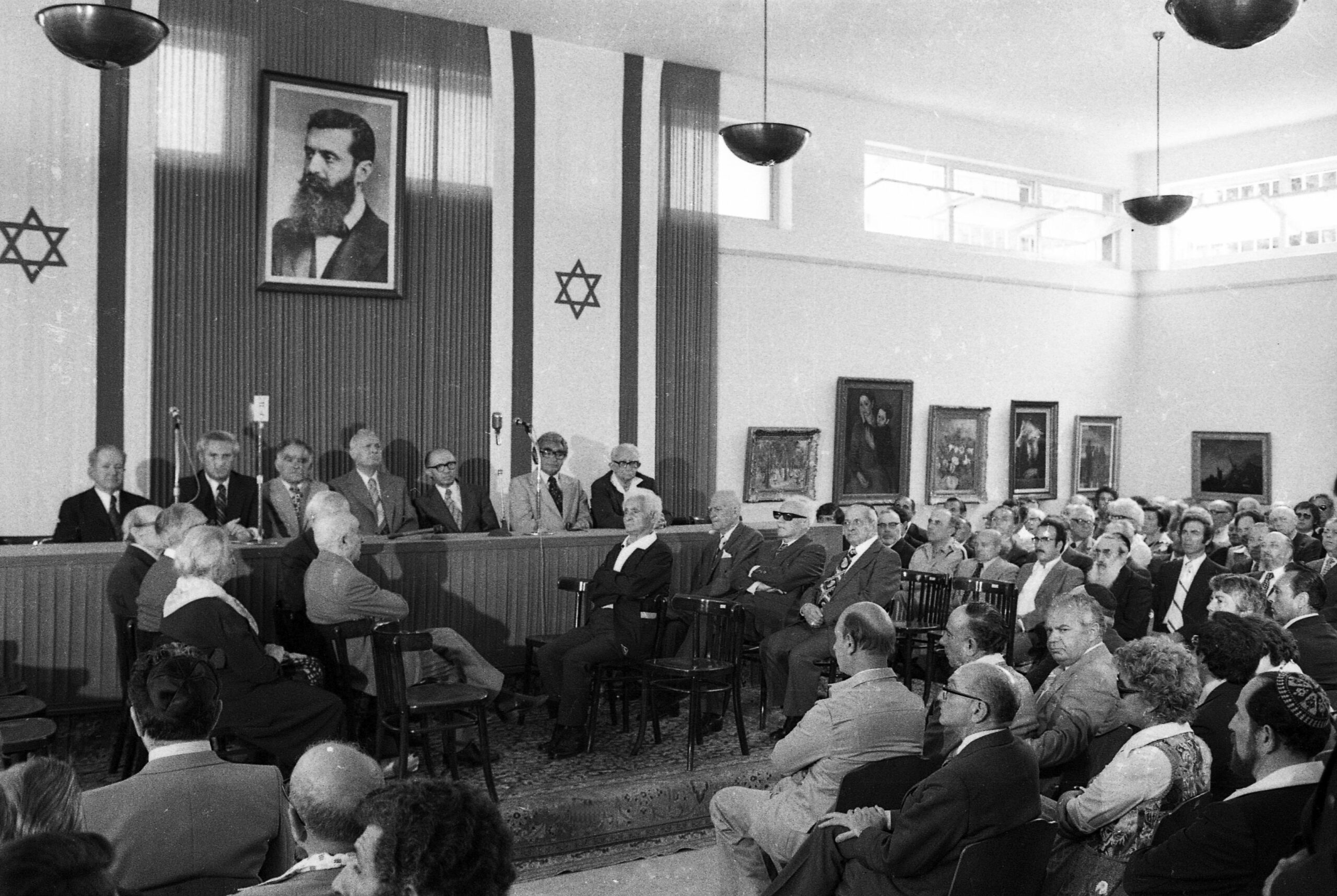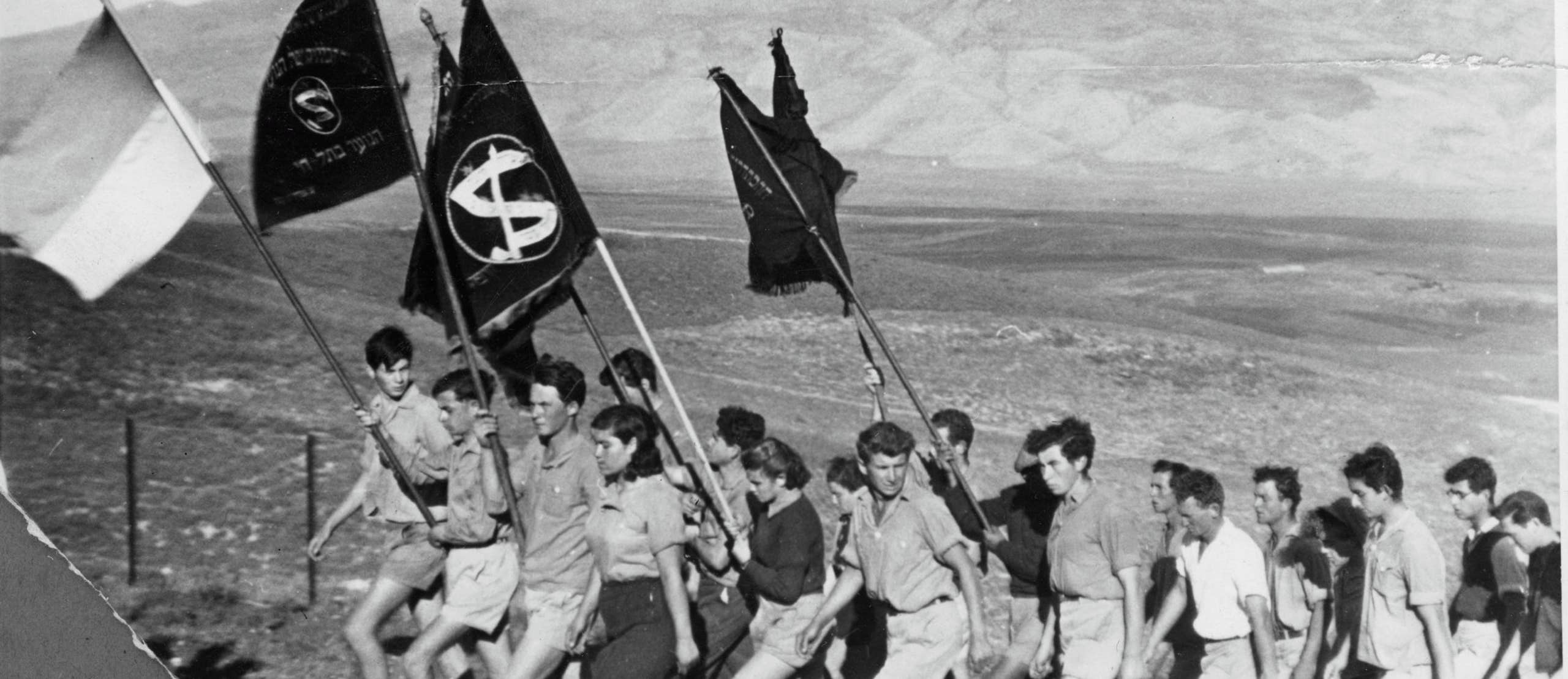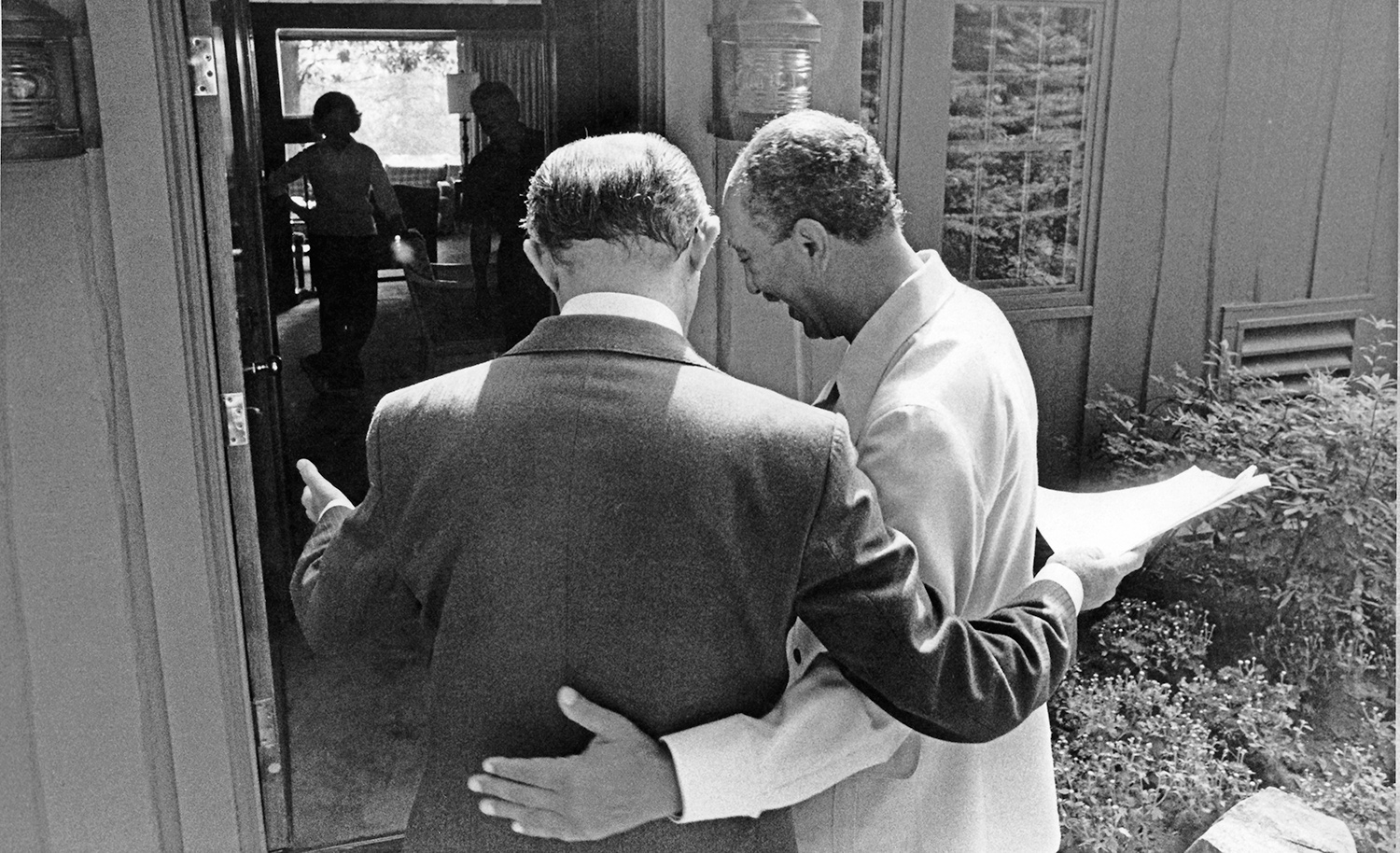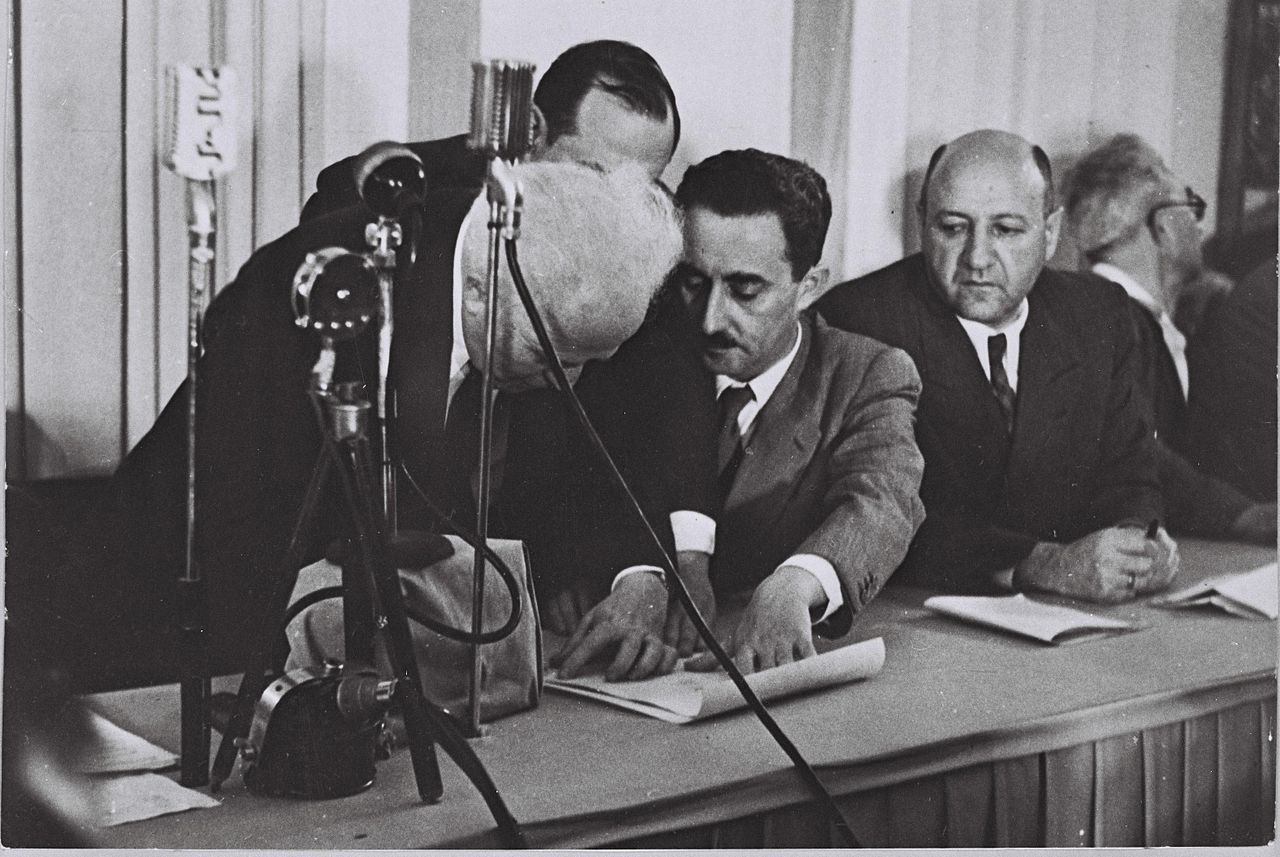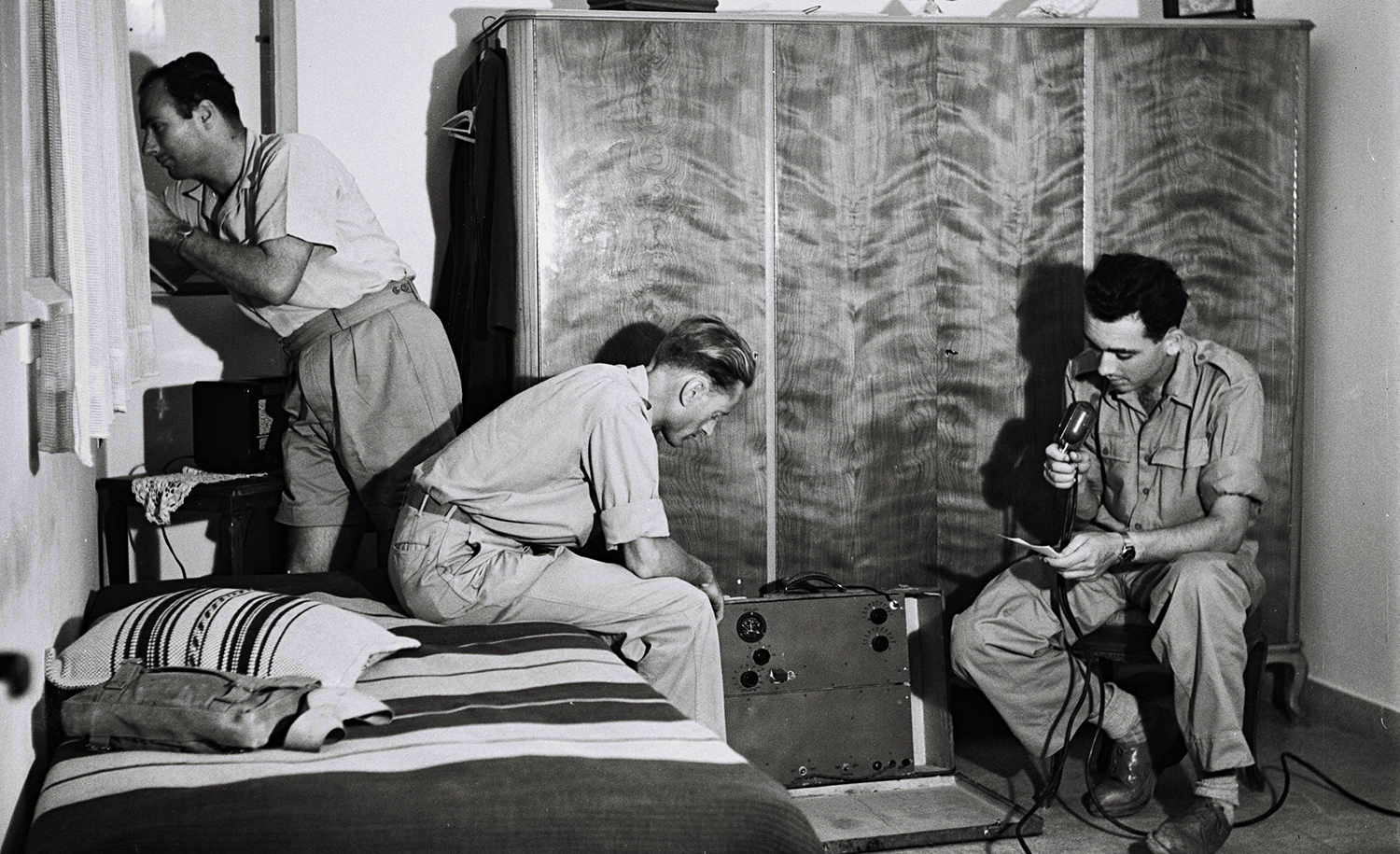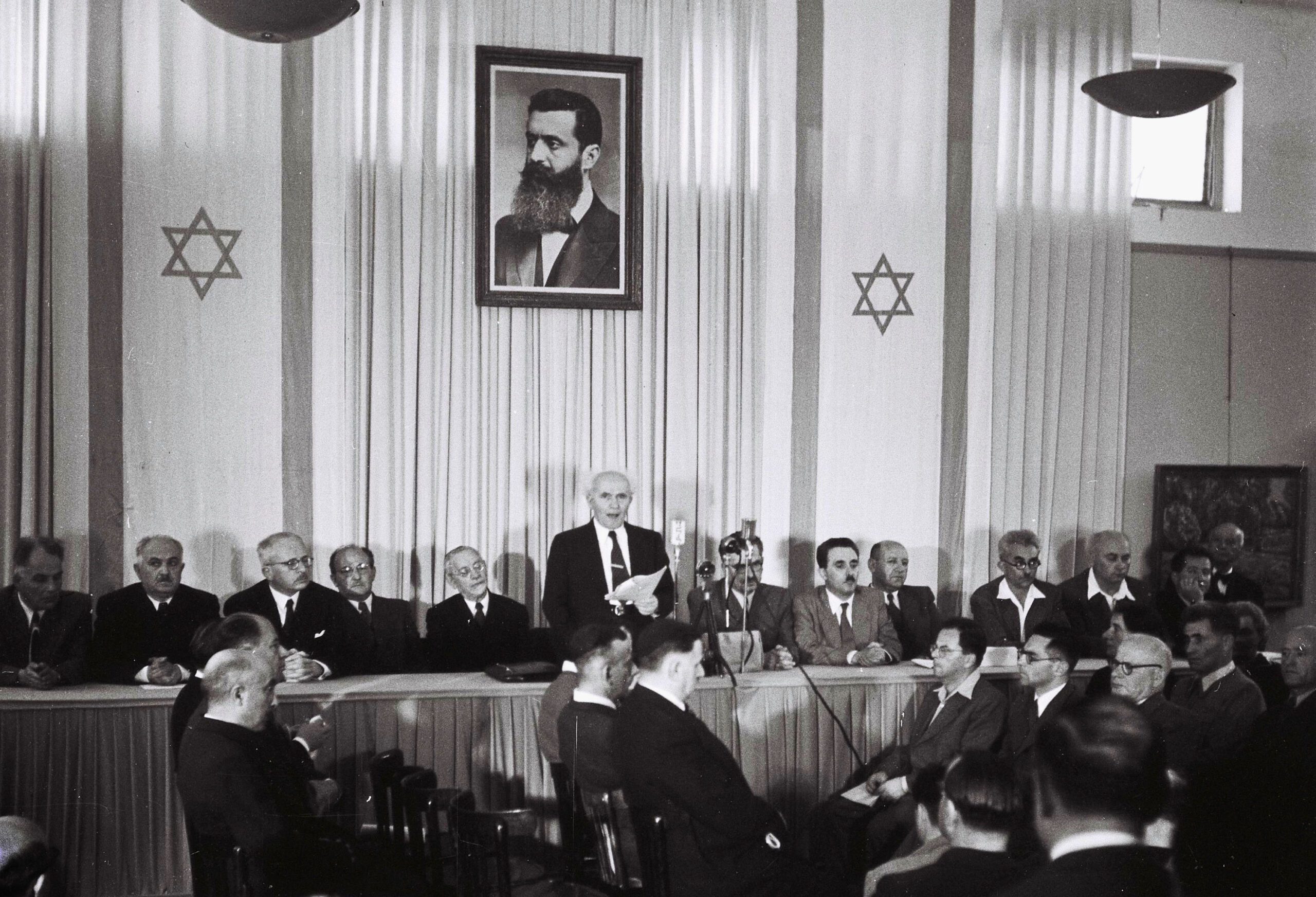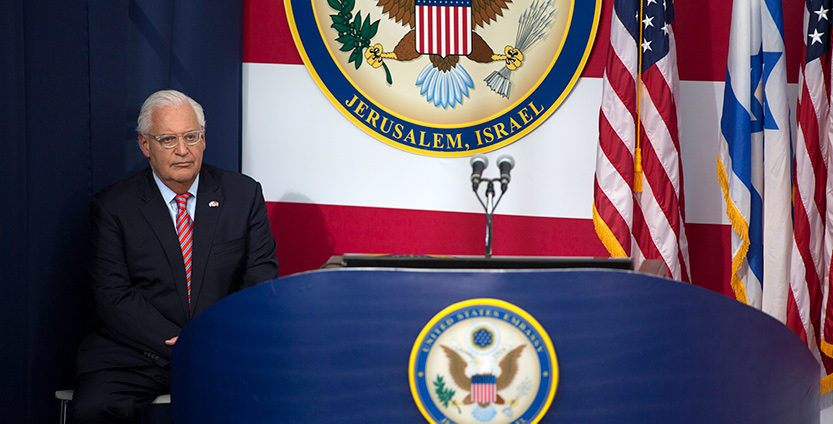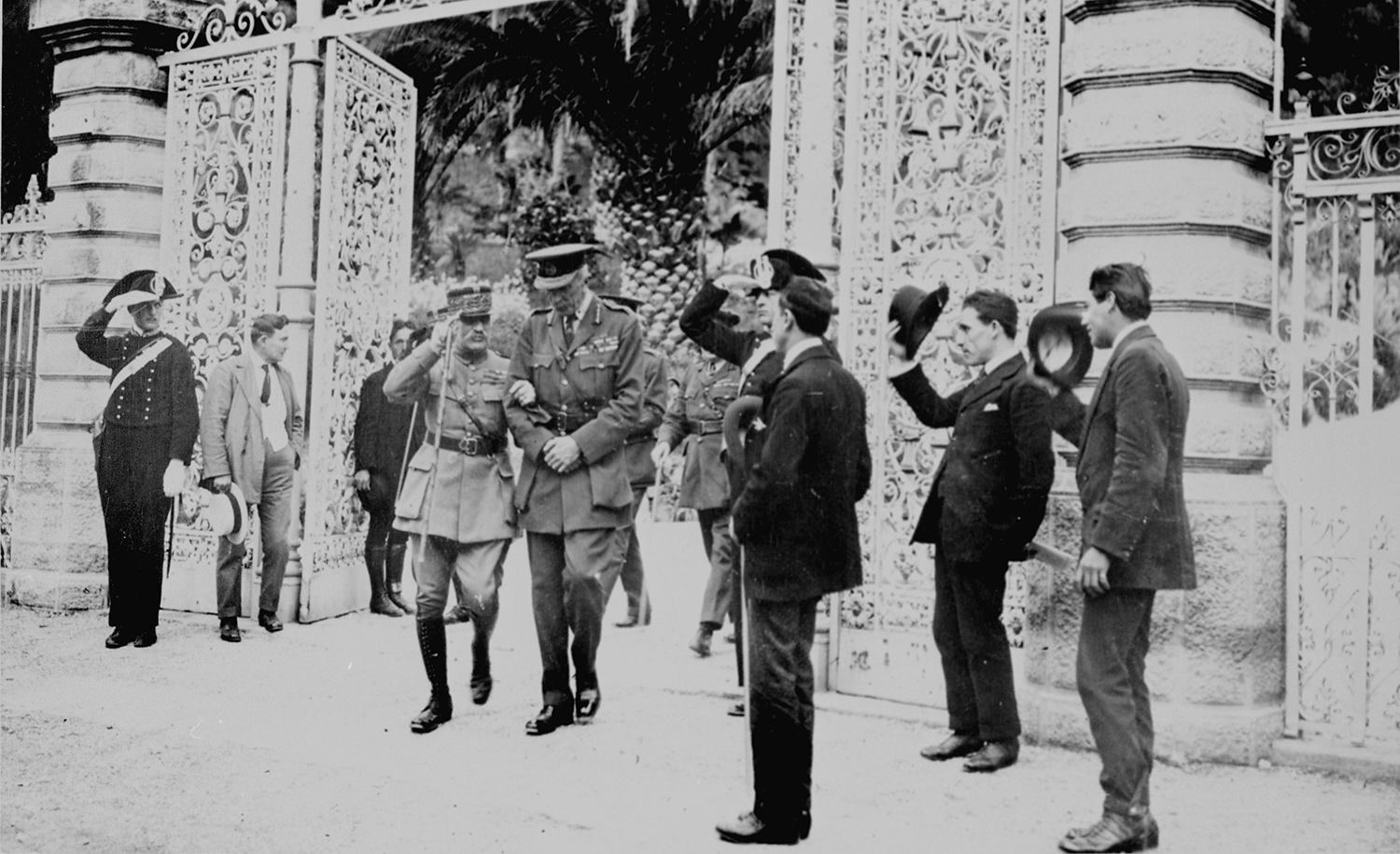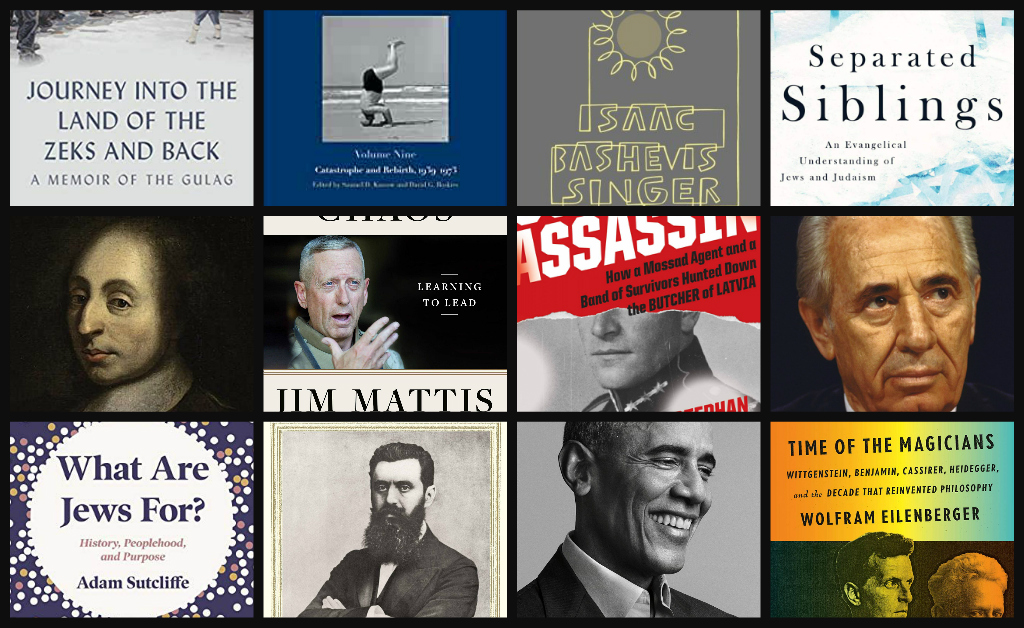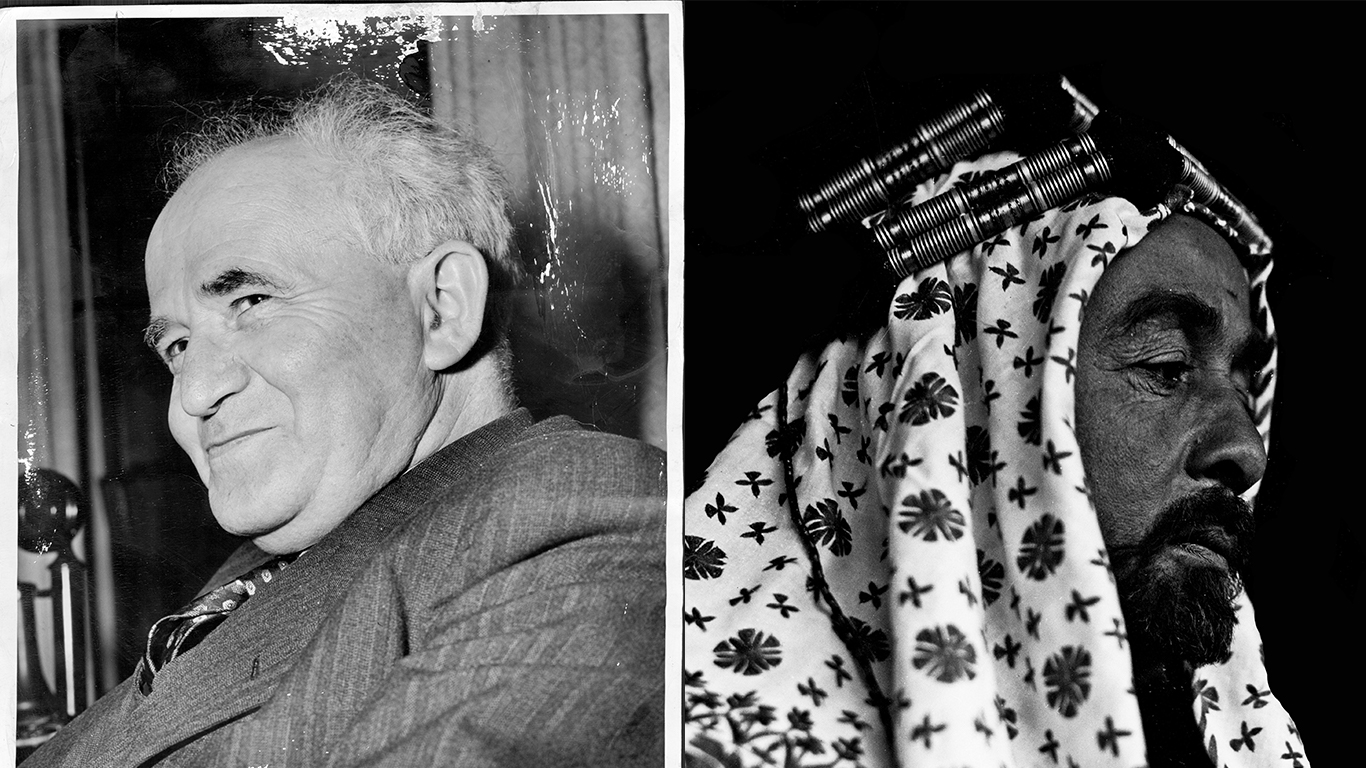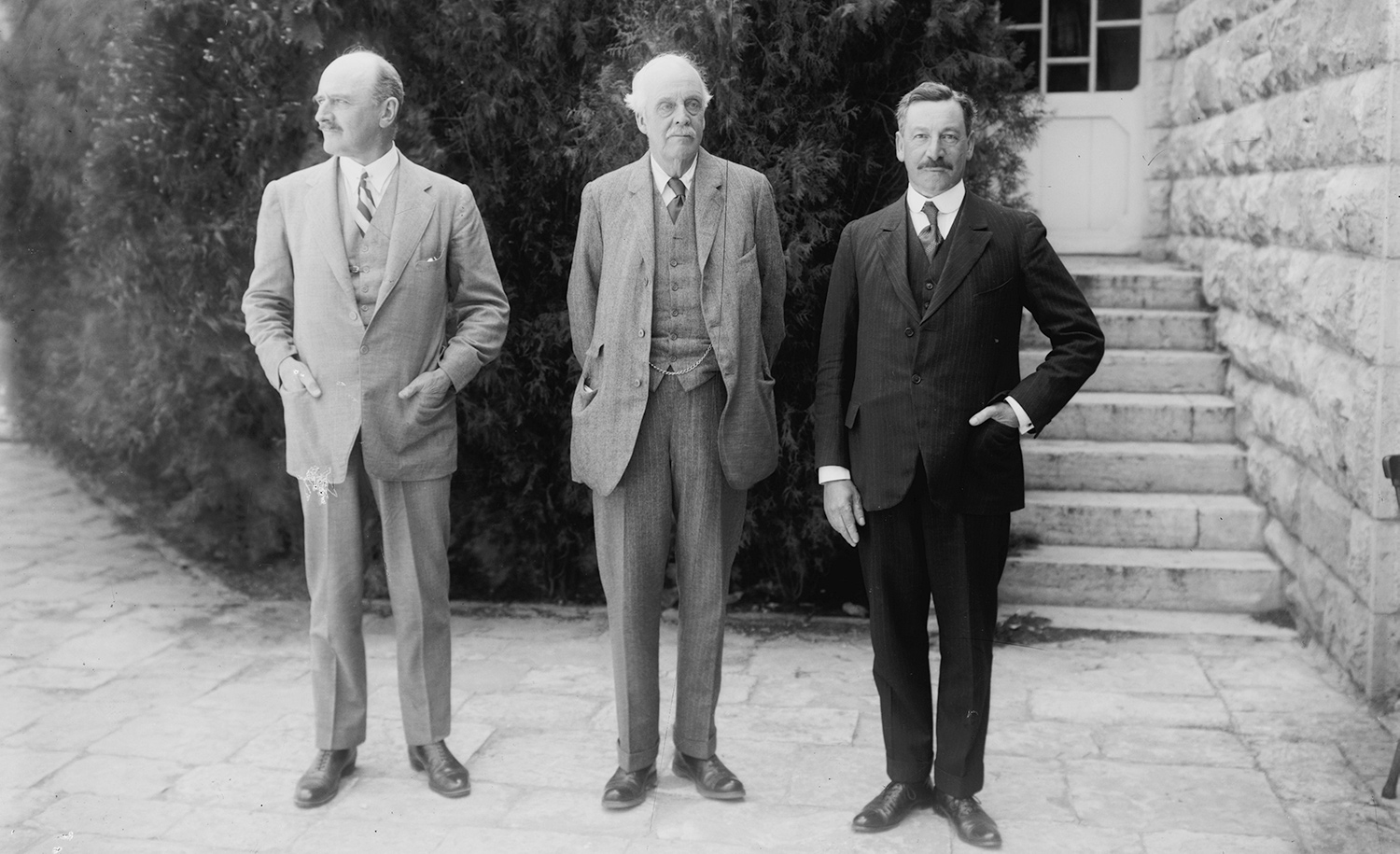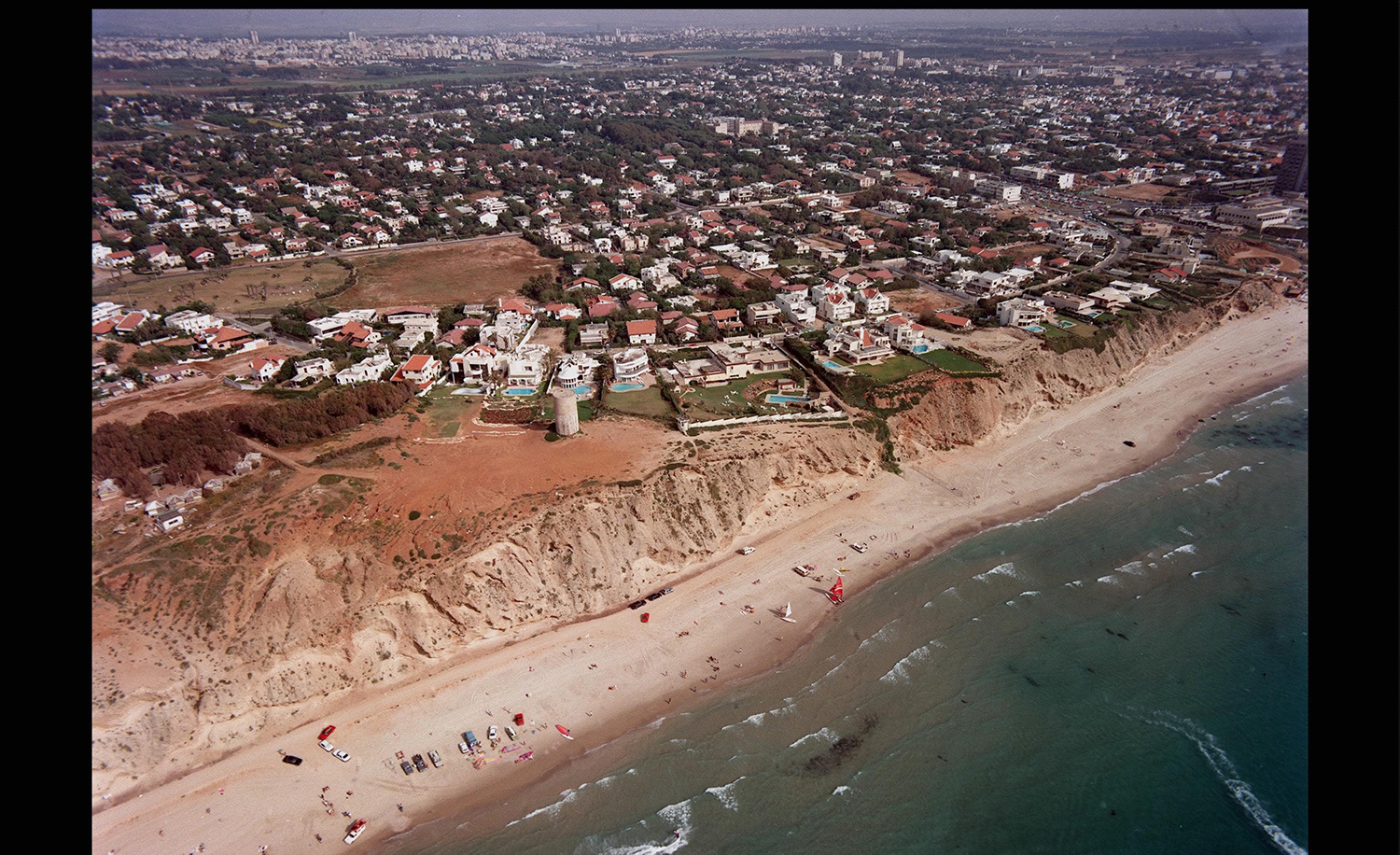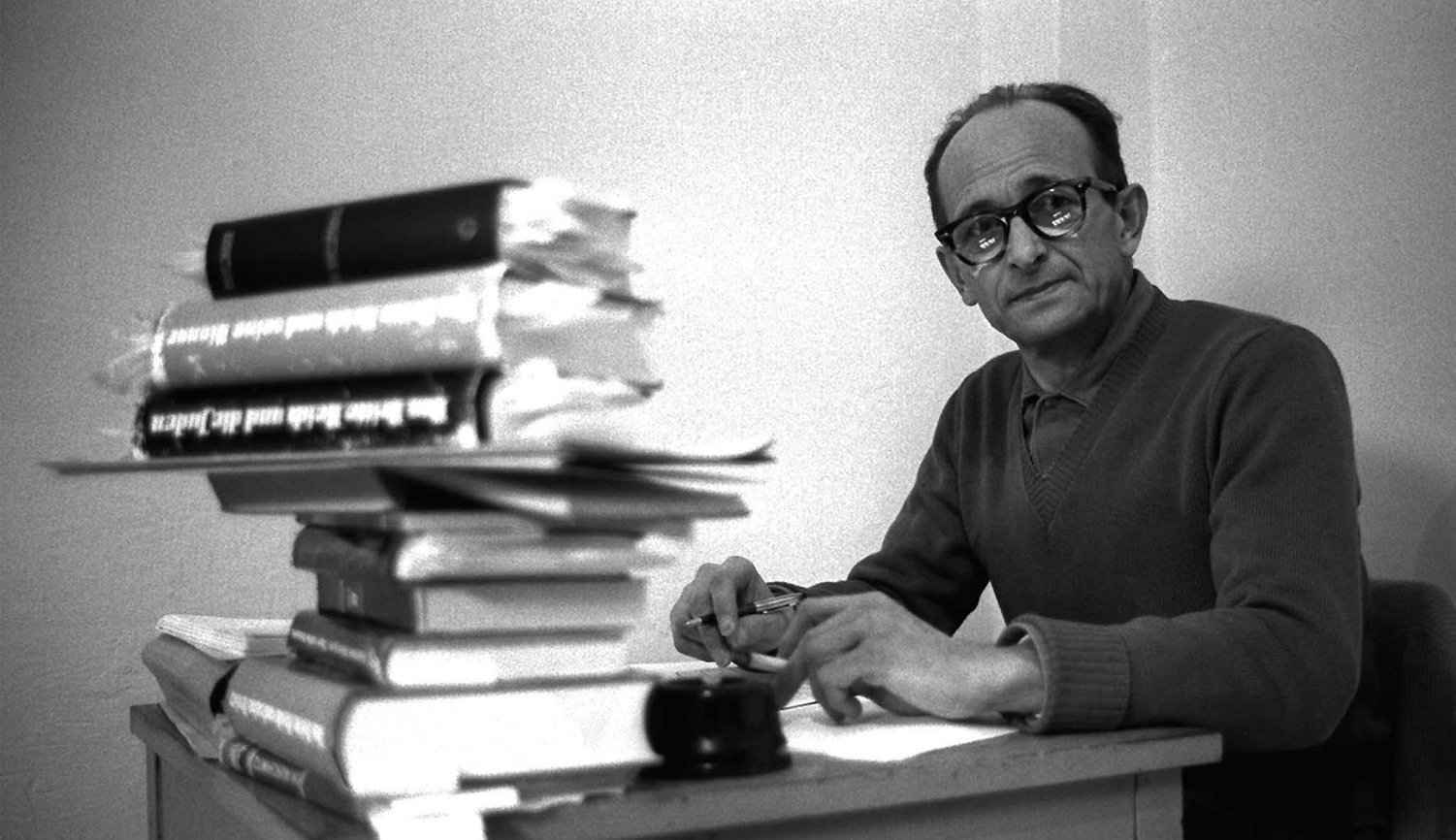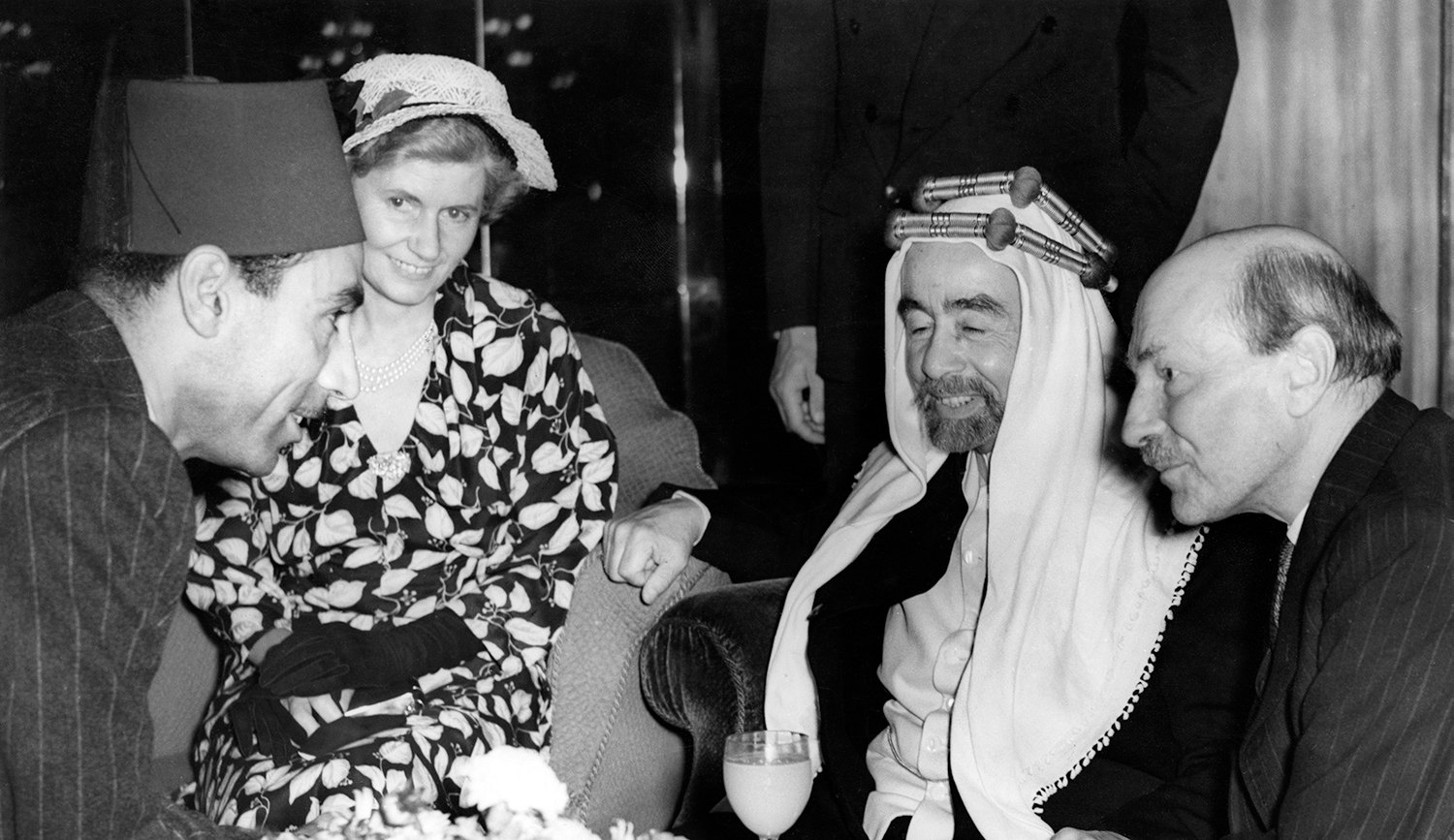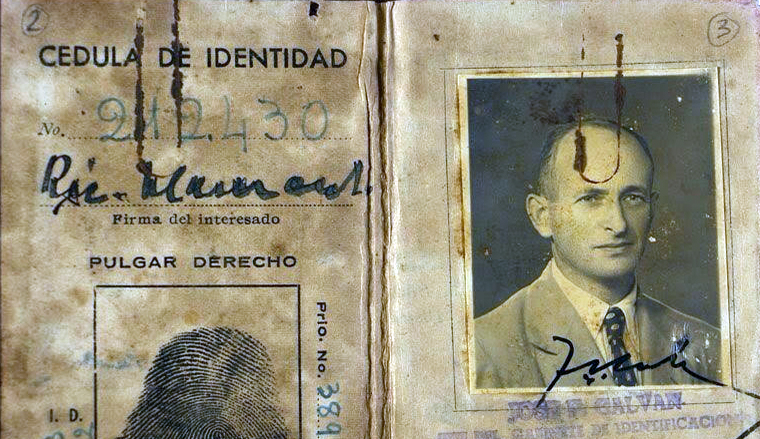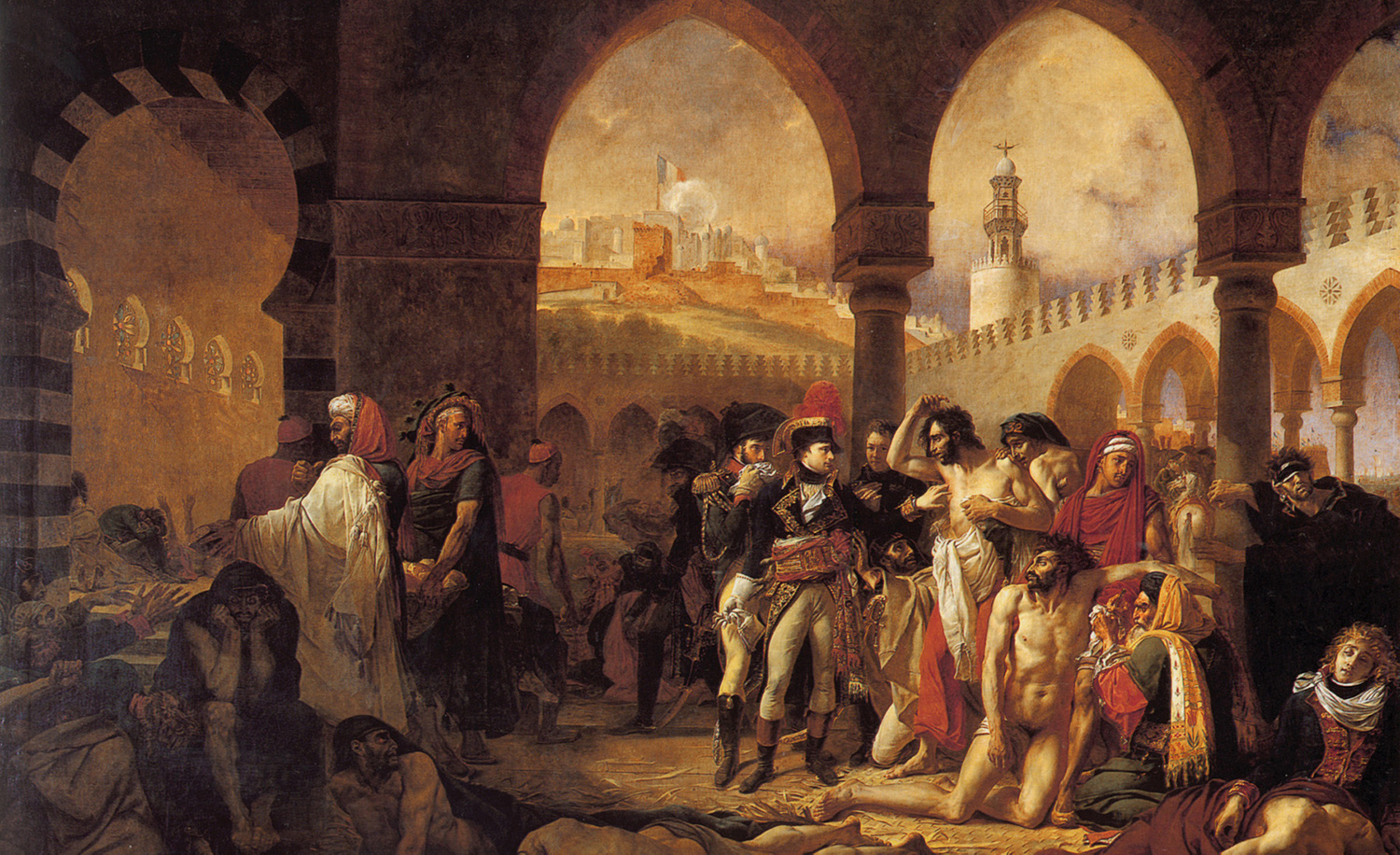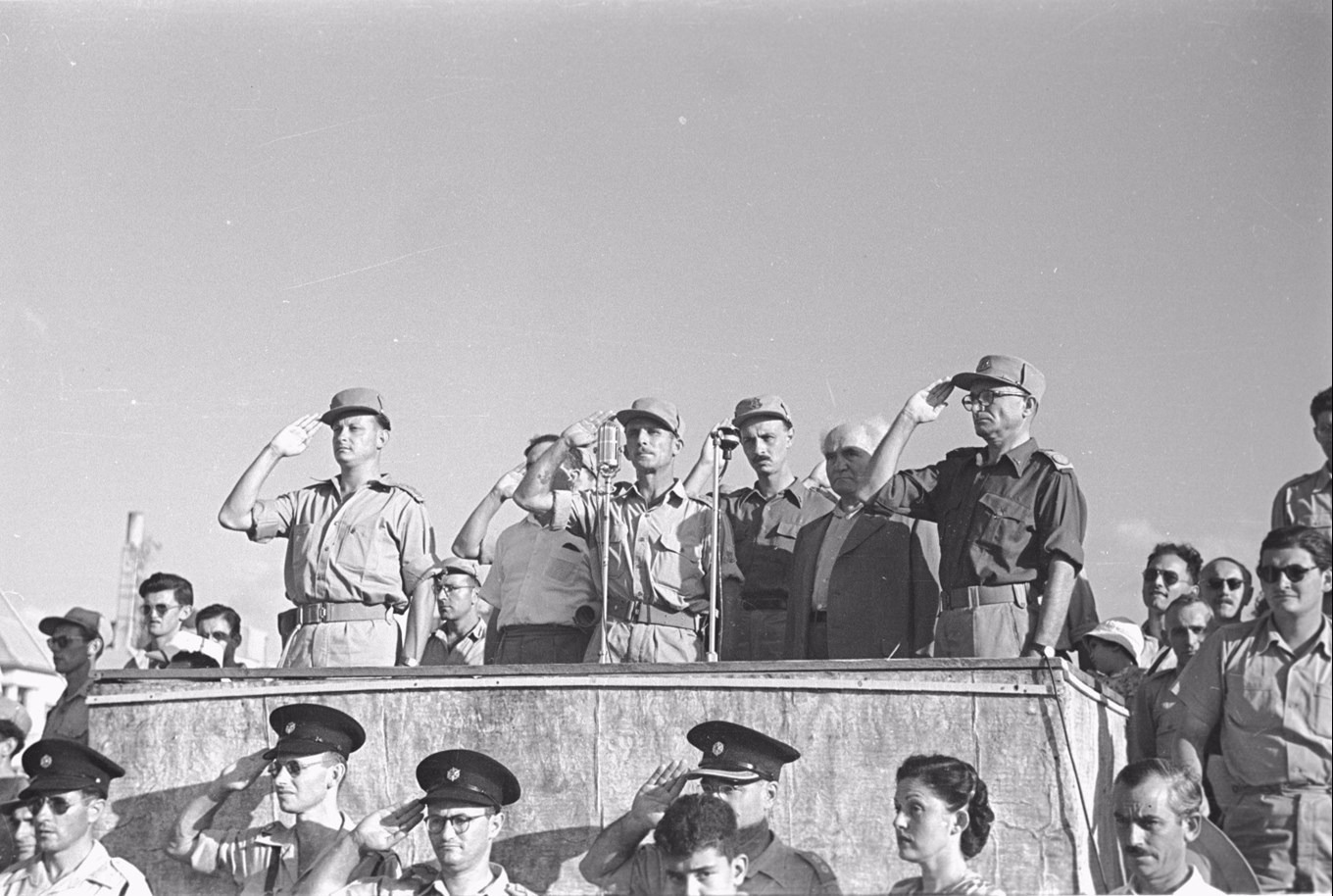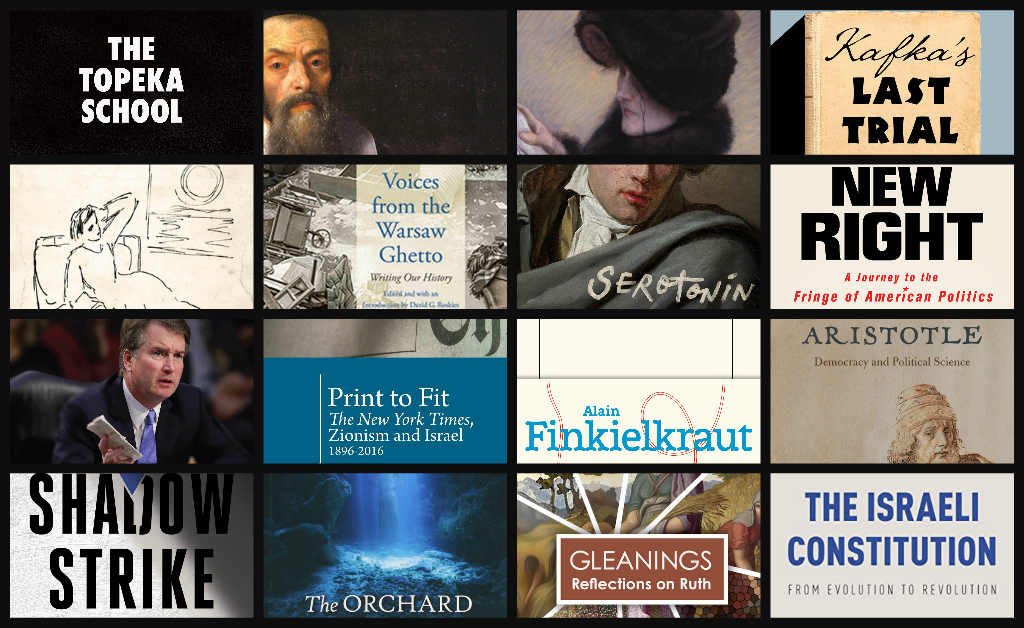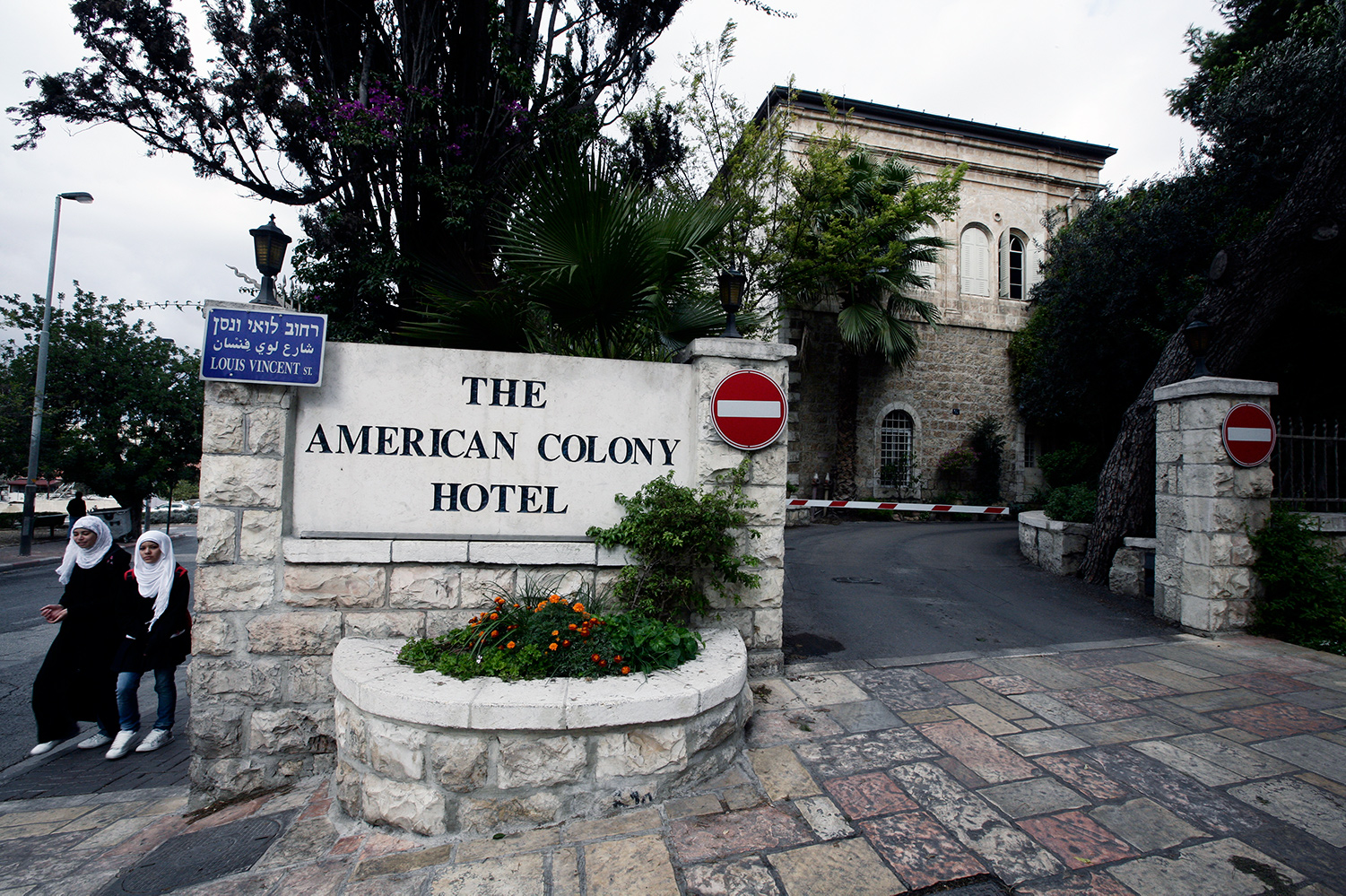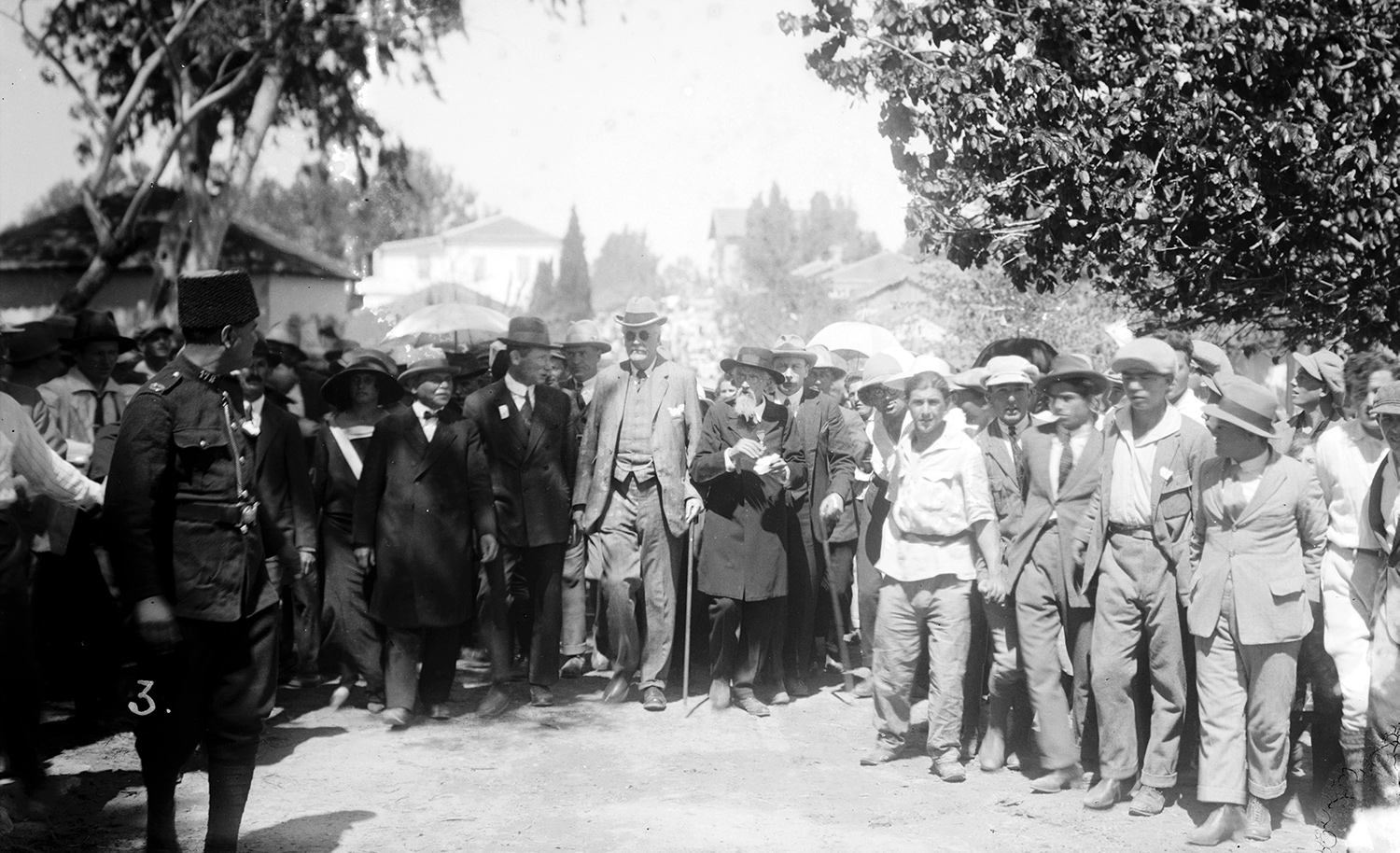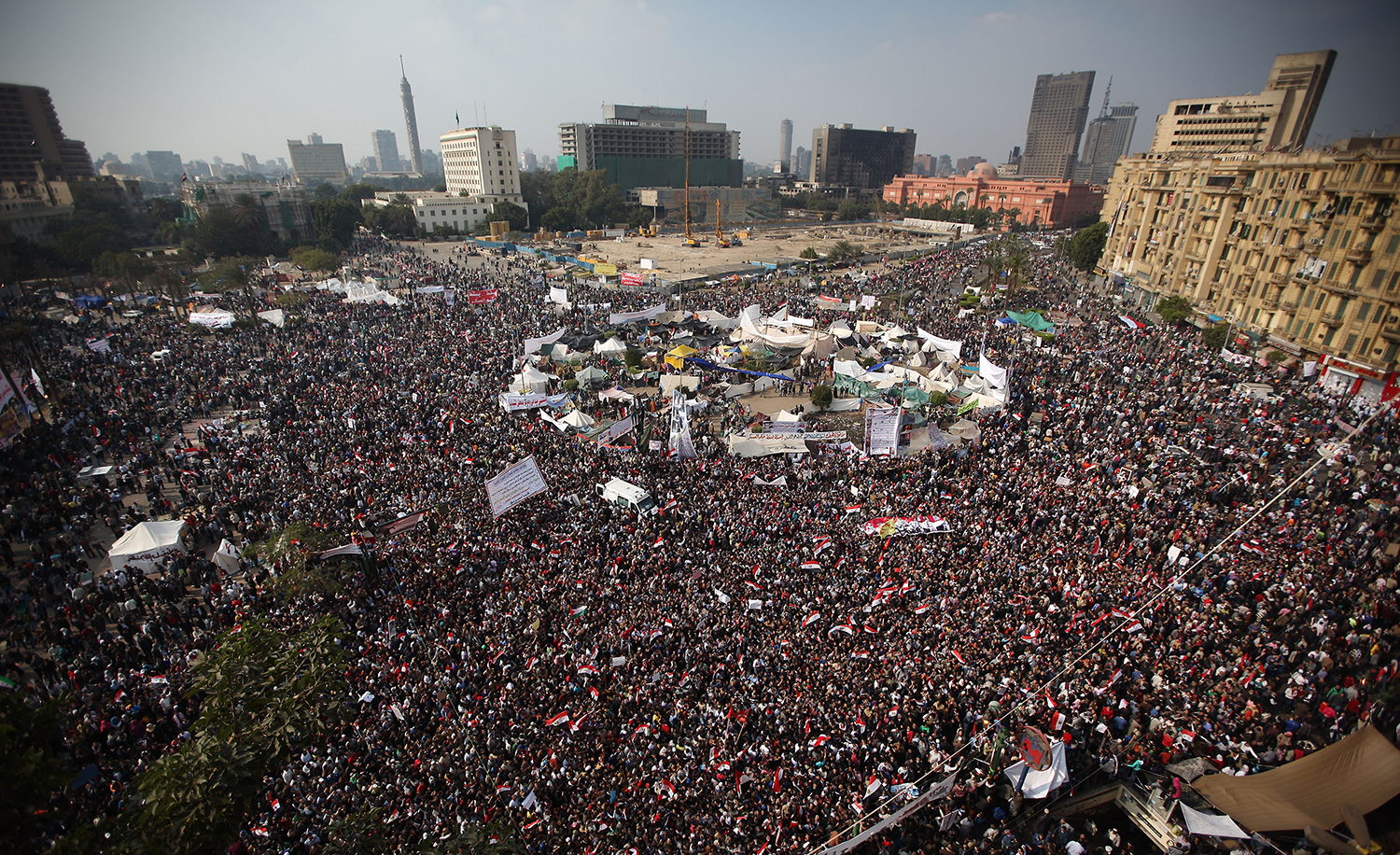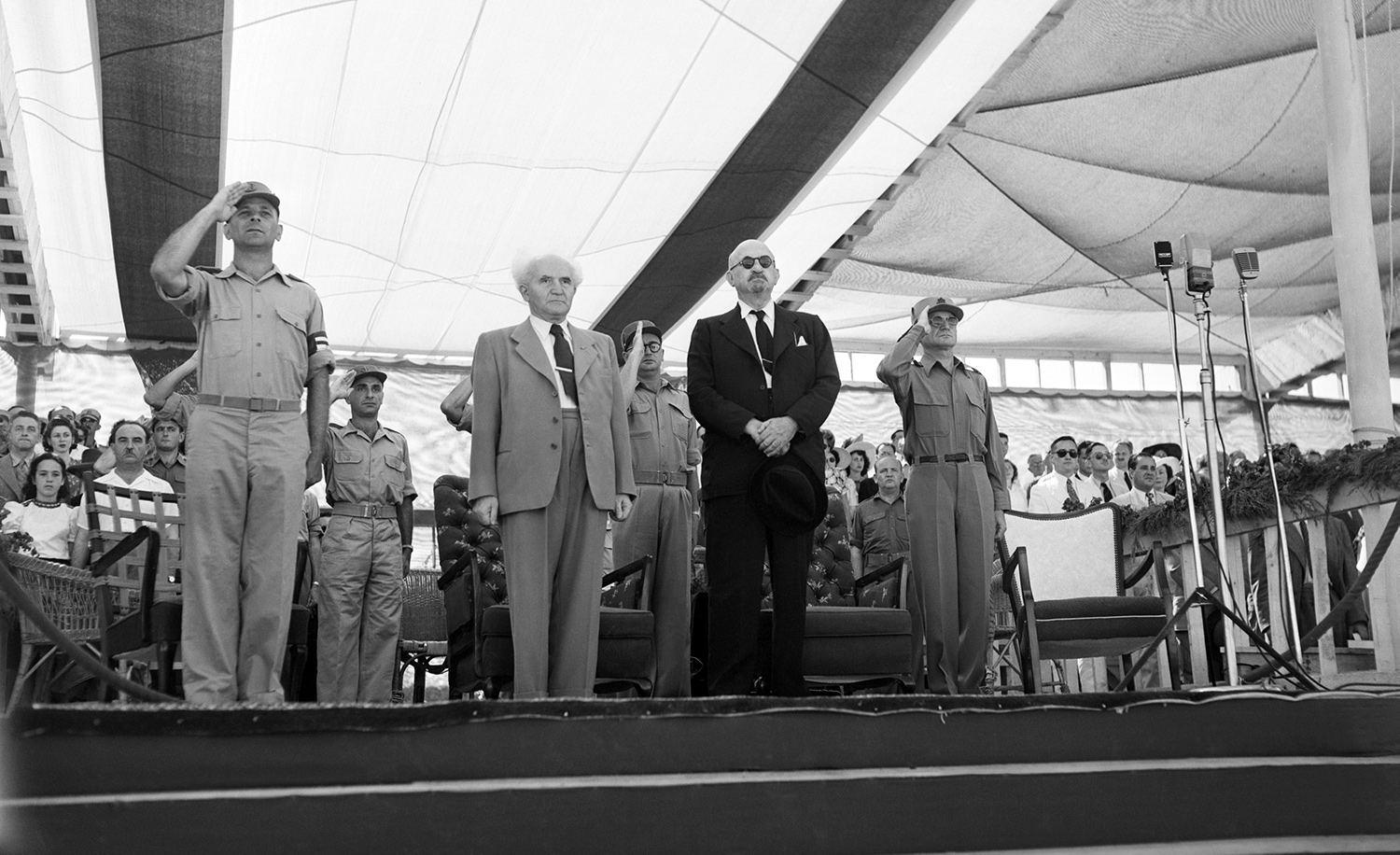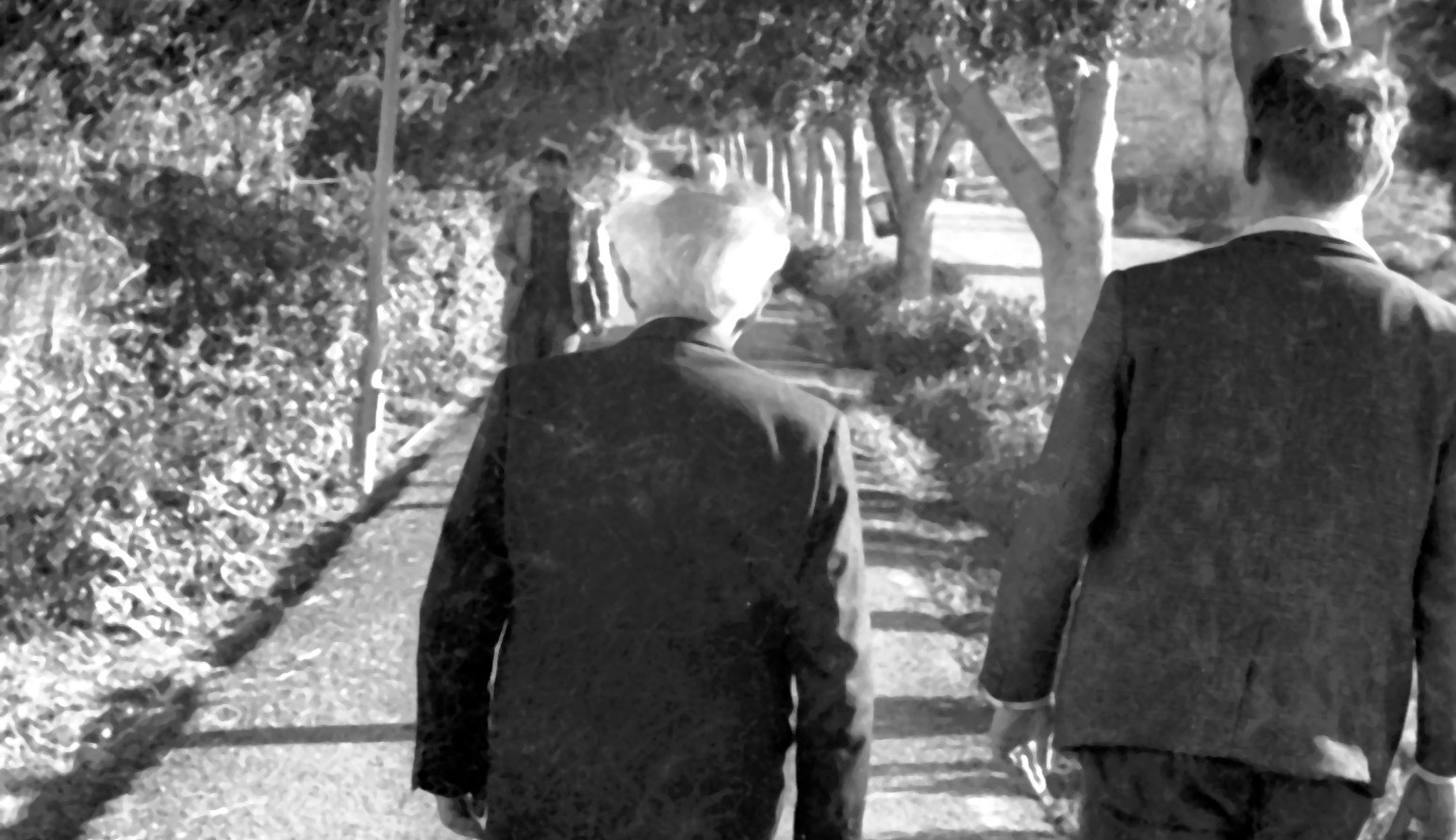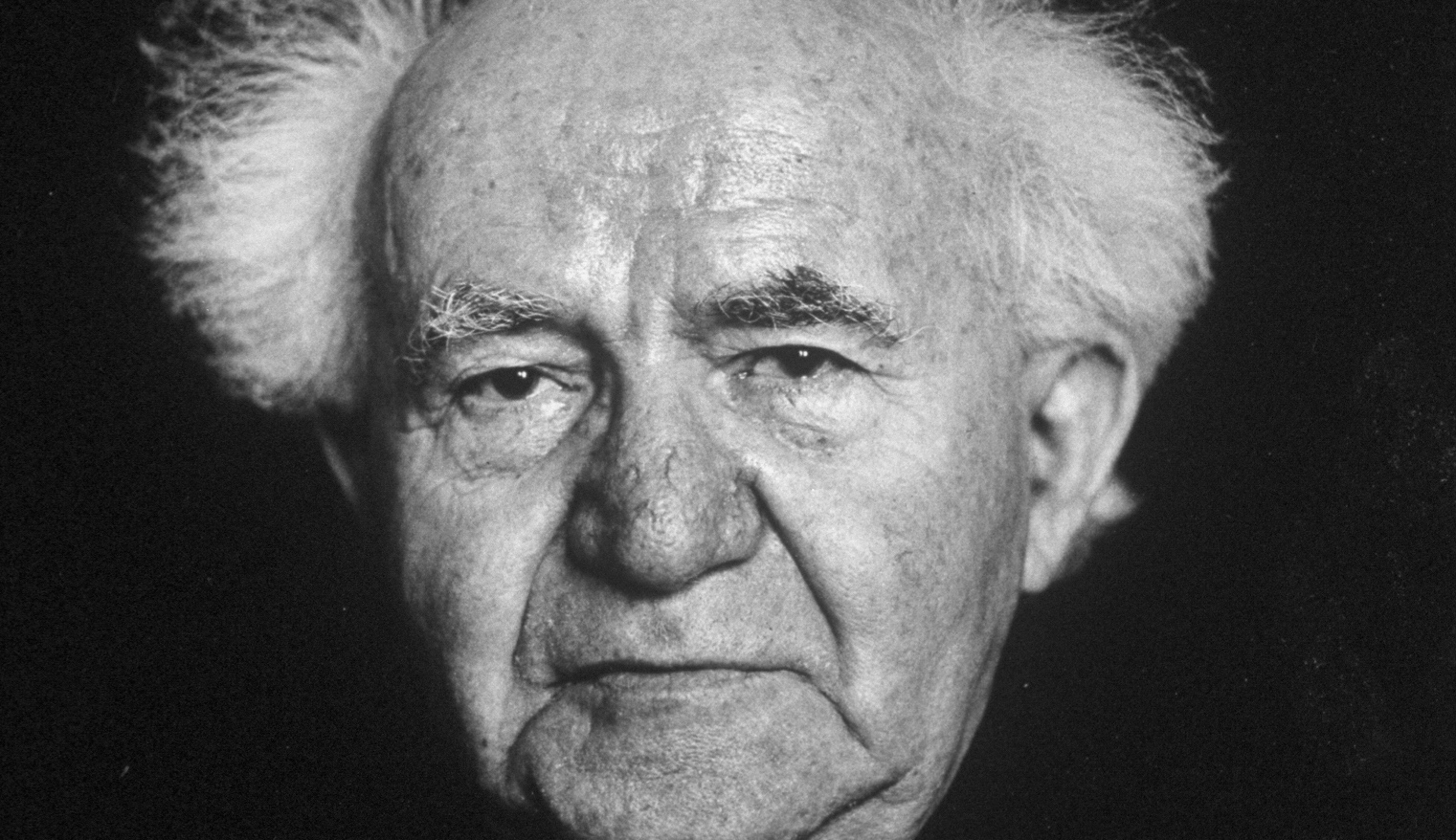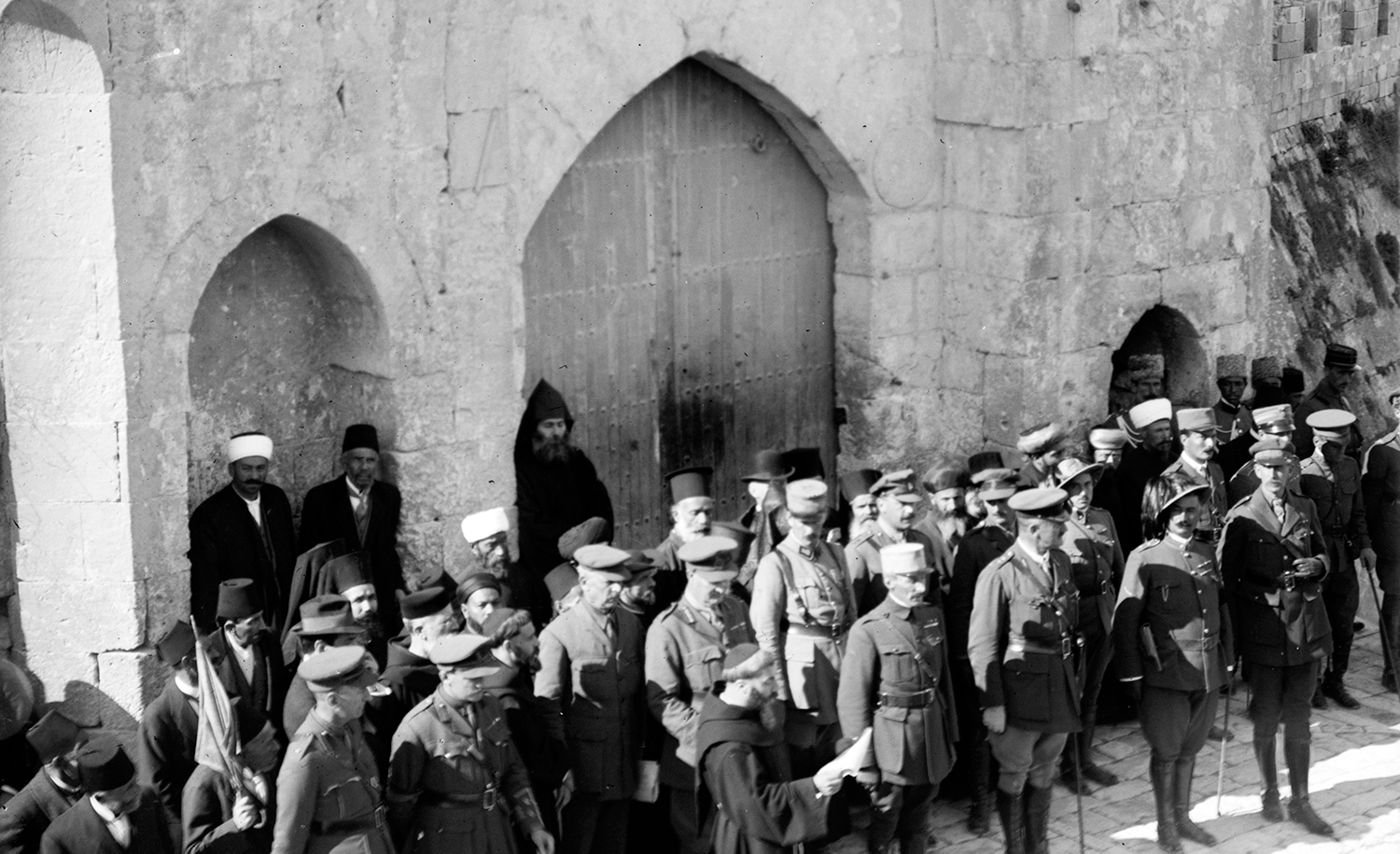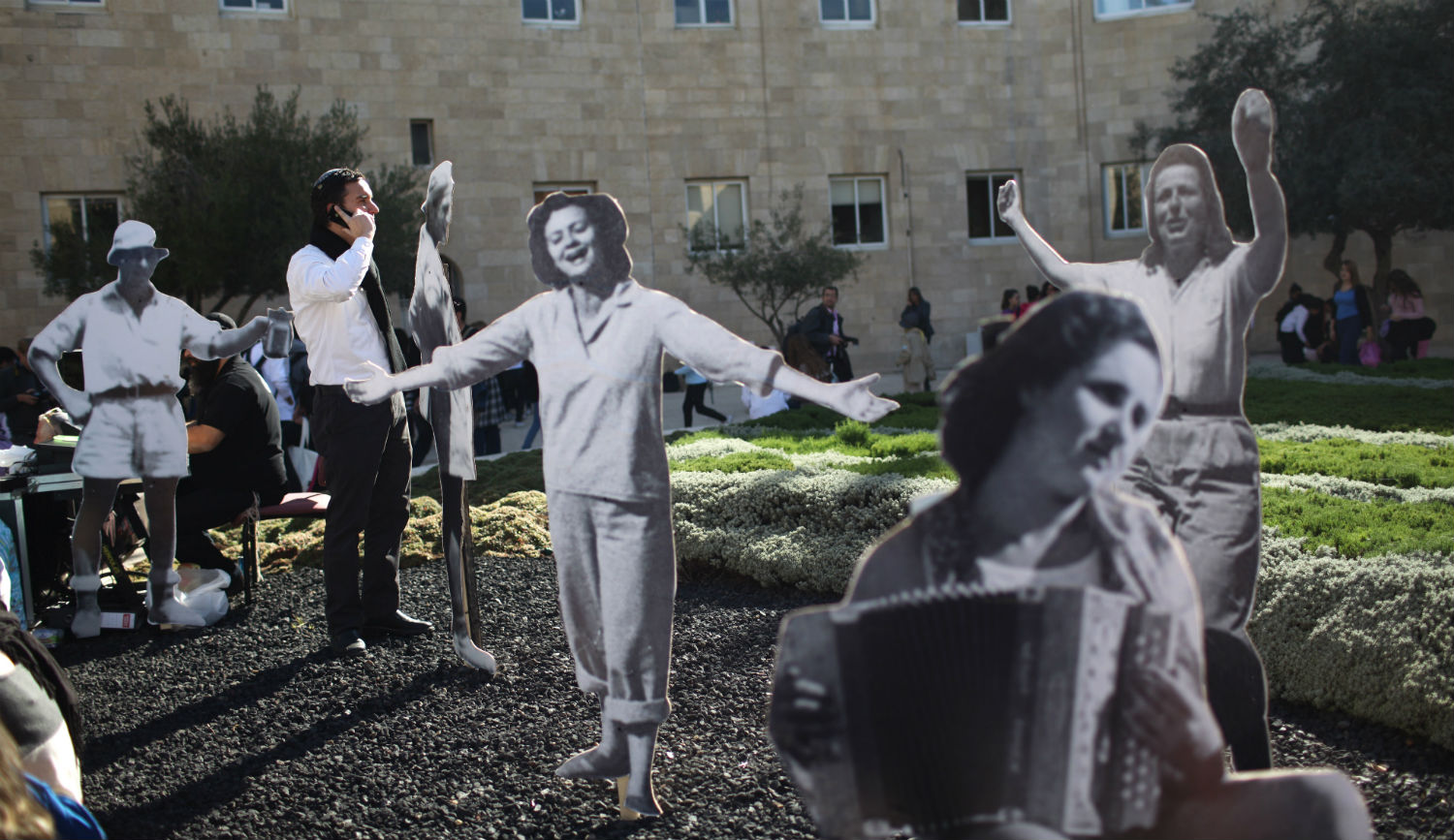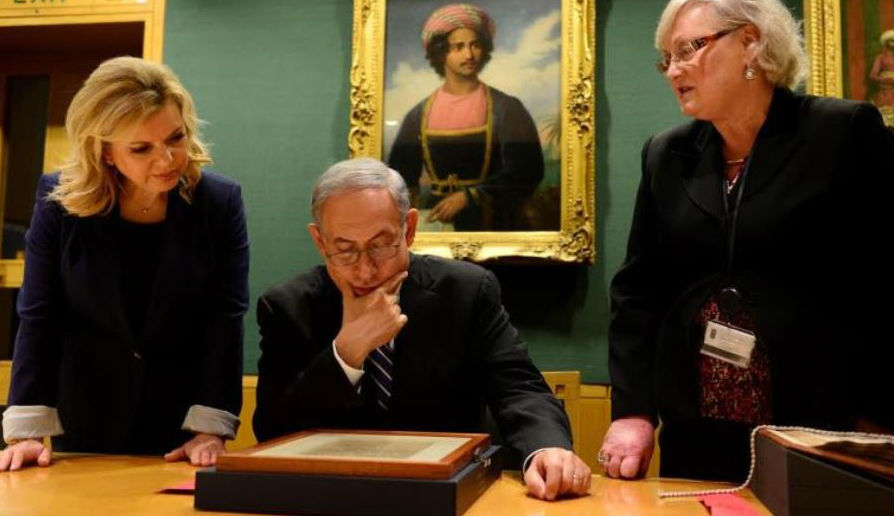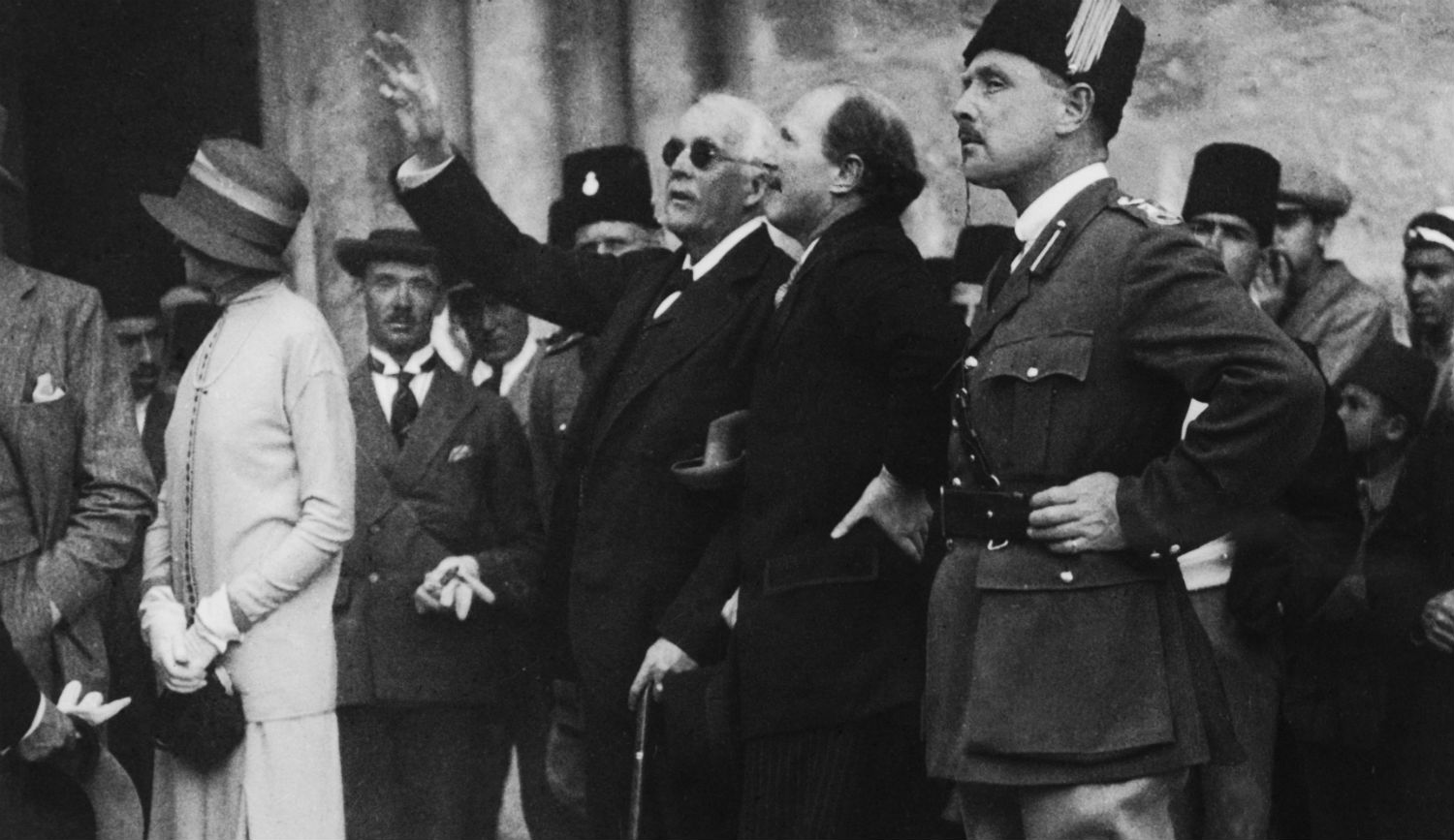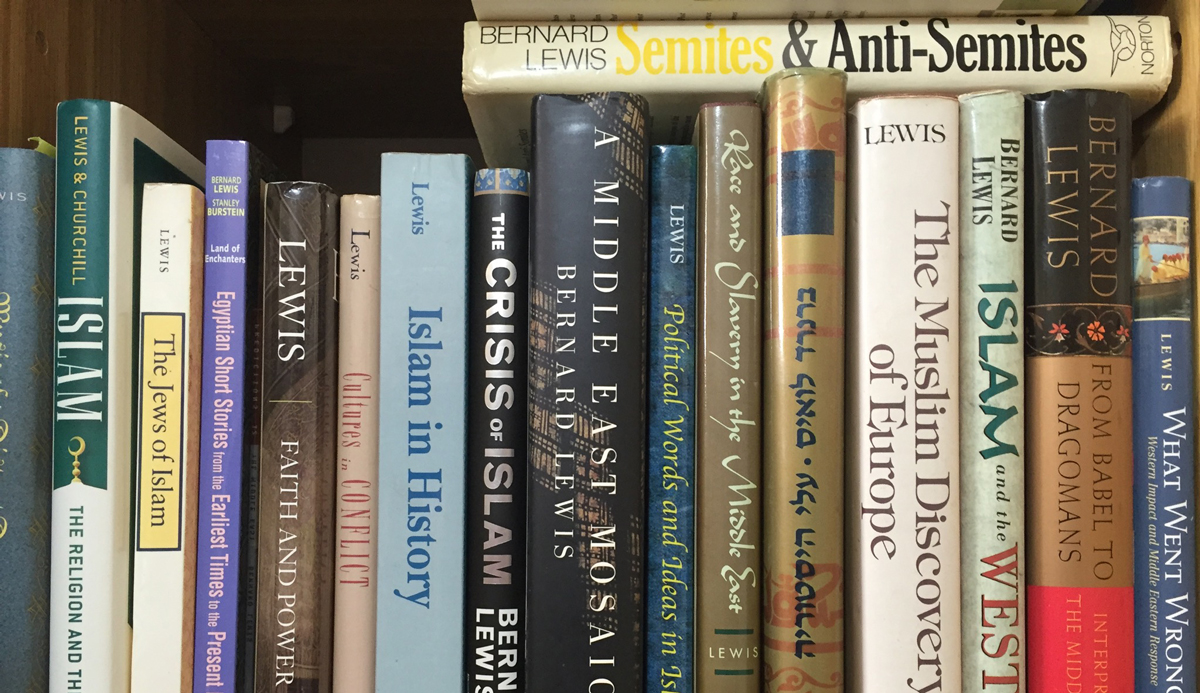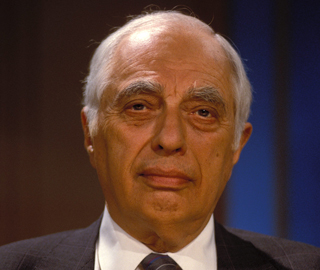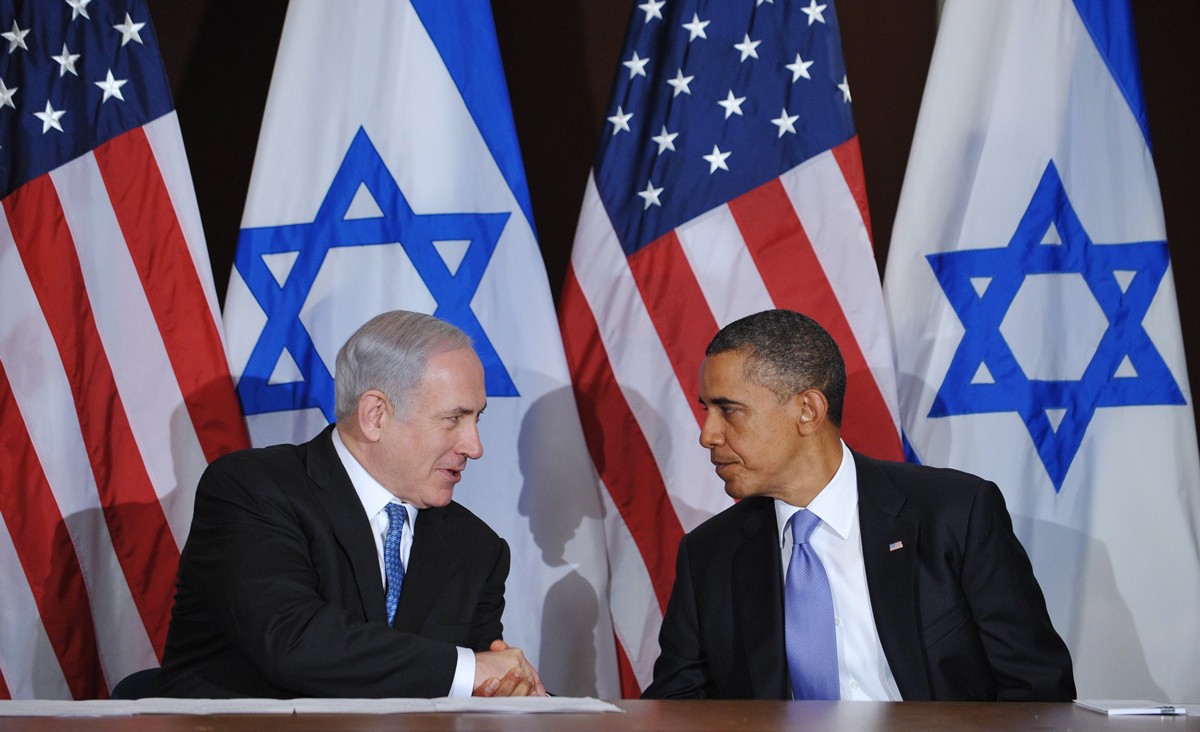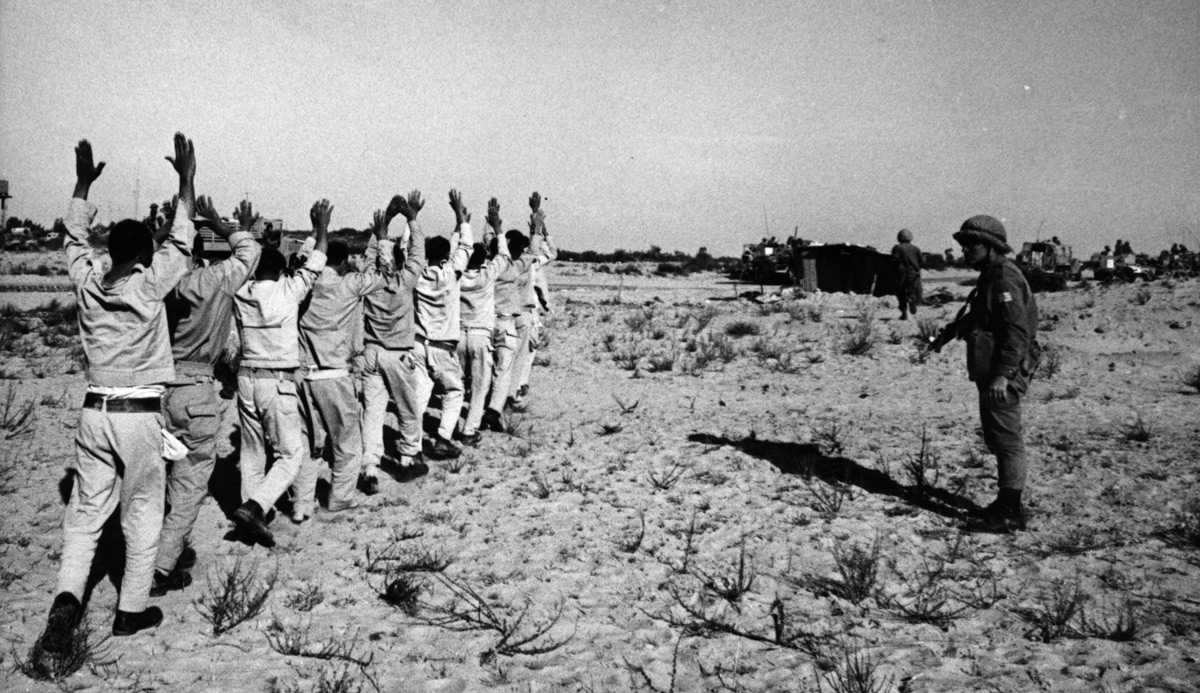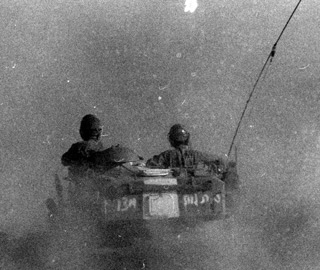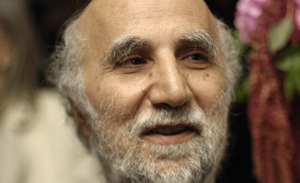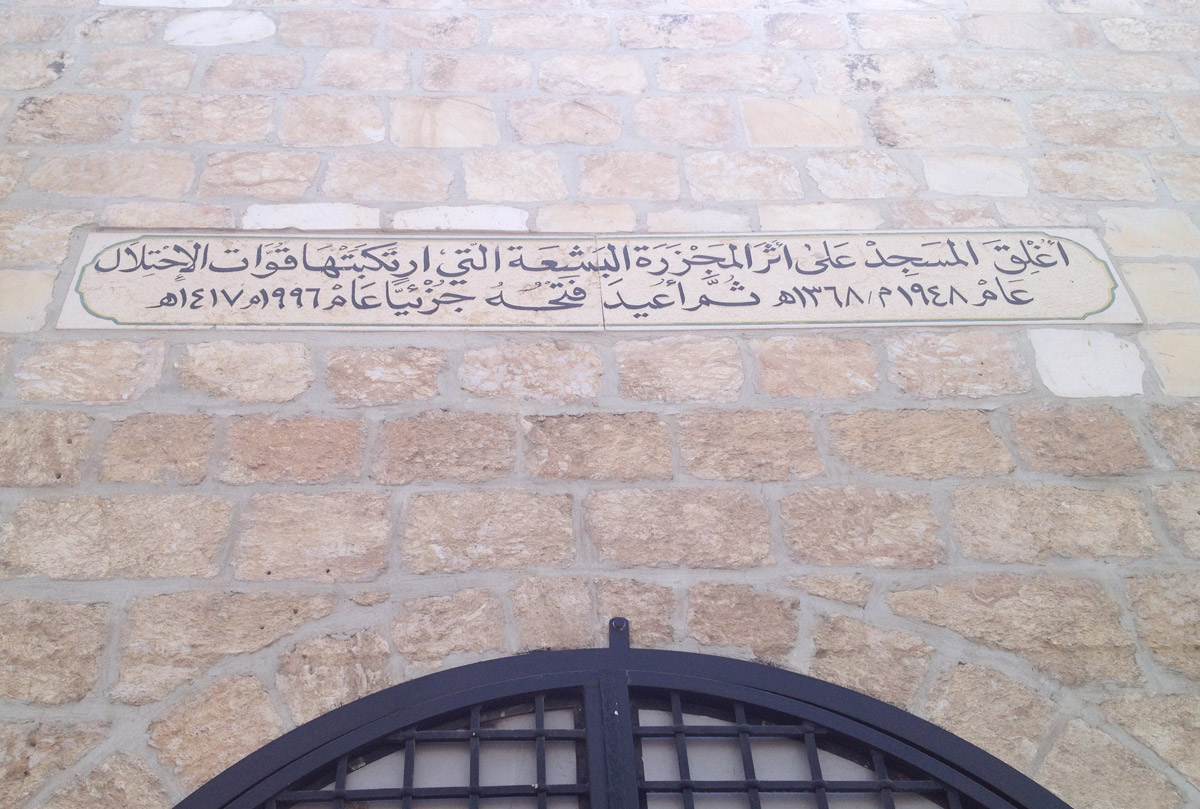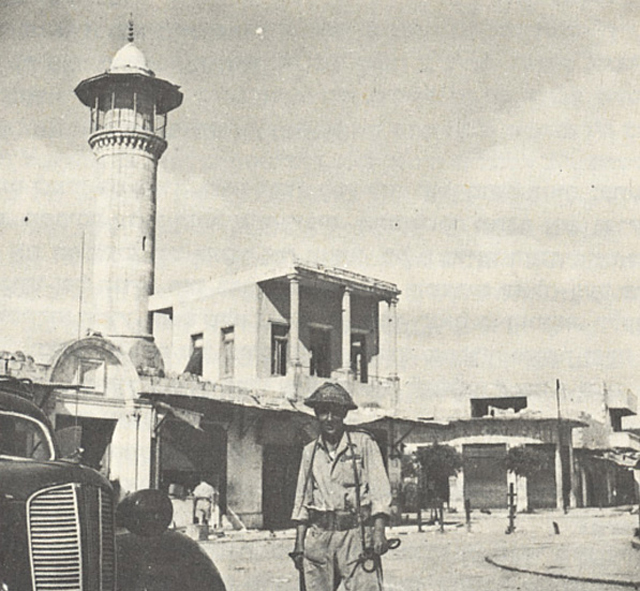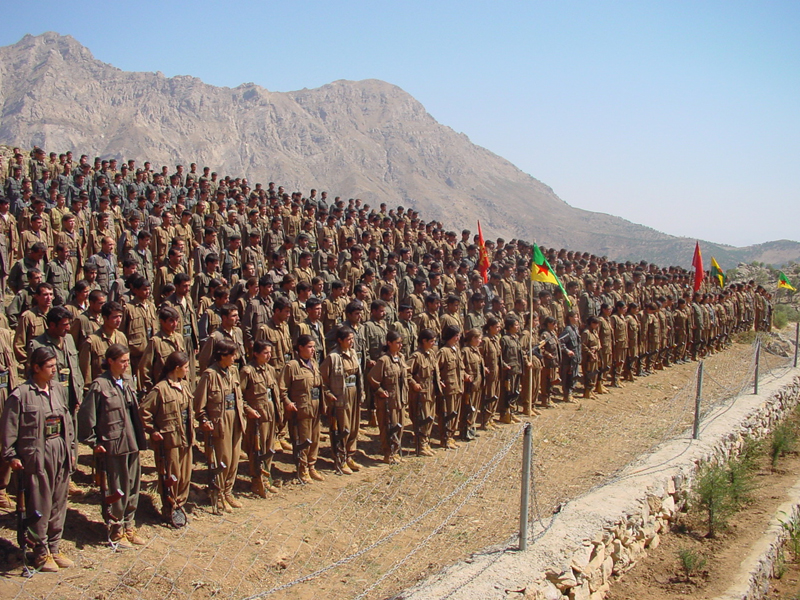Martin Kramer
Martin Kramer is a historian at Tel Aviv University and the Walter P. Stern fellow at the Washington Institute for Near East Policy. He served as founding president at Shalem College in Jerusalem.
Why the Israeli Declaration of Independence Is So Popular
In part it is because Israelis have a higher regard for the people who wrote it than for the politicians they now elect to office.
How Israel’s Declaration of Independence Became Its Constitution
Israel’s founders made little of the declaration at the time. It took decades of work by figures of widely different political stripes to make it the towering document it is today.
Whose Rights Did Israel Recognize in 1948?
In all but one of the instances in which “rights” appear in the Israeli declaration, they refer to a collective right, not an individual one.
The Tel Hai Paradox
The record of Jabotinsky’s practical decisions allows his disciples to reach contradictory conclusions about what he really believed, especially about religion and settlement.
Did the UN Create Israel?
On May 14, 1948, Israel’s founders wanted to emphasize to the world that while the Jewish people had been born in the Land of Israel, its state was the adopted child of the United Nations.
Was Menachem Begin a Founder of Israel?
Israel’s sixth prime minister was a leader of consequence and achievement. But how does he relate to Israel’s origins?
Did Israel’s Founders Declare a Secular State?
Going by the usual telling of the founding, religious and secular Jews clashed over whether Israel’s declaration should evoke God’s covenantal promise. How accurate is that account?
Why Israel Is Called Israel and Not Judea
The name Israel came by a process of elimination, because there wasn’t time to come up with anything better.
Three Weeks in May: How the Israeli Declaration of Independence Came Together
The declaration came together so hurriedly that if the drafters had argued for even a few hours more it would have read much differently.
The Most Significant Document Composed by Jews since Antiquity
The beginning of a new series investigating how the Israeli Declaration of Independence came about, and what the text reveals about the country it brought into being.
David Friedman on How the Abraham Accords Came Together Behind the Scenes
The historian Martin Kramer interviews the former American ambassador to Israel in order to discover how the historic Middle East deals came together.
The Significance of San Remo
Eugene Kontorovich thinks that the 1920 San Remo conference sits at the foundation of Israel’s legitimacy. Martin Kramer disagrees. Who’s right?
The Best Books of 2020, Chosen by Mosaic Authors (Part II)
Five more of our regular writers pick several favorites each, featuring what Jews are for, magicians, assassins, call signs, chaos, separated siblings, and more.
Did the San Remo Conference Advance or Undermine the Prospects for a Jewish State?
As a Jew, I wish that the resolution signed 100 years ago had been what today’s celebrants claim it was. As a historian of Israel, I must report that it was much less.
The Parallel Lives of David Ben-Gurion and Abdullah bin Hussein
Born within four years of each other, David Ben-Gurion and Abdullah bin Hussein emerged out of the same political womb to forge Israel and Jordan in battle. Both nations should be grateful.
Was the Balfour Declaration a Colonial Document?
So goes the accusation. But the public commitment Britain made to the Jews in Palestine is very different from the Sykes-Picot accord and other secret “treaties” carving up native lands.
The Most Expensive House in Israel
The American billionaire Sheldon Adelson just paid $87 million for the seaside residence of America’s ambassadors to Israel. The house has an interesting history.
The Misrepresentation of the Past in the Cinema
The dangers lurking in false portrayals of the Nazi official show why Holocaust films must be held to account.
Kramer: The West Bank Was Annexed Once Before. It Ended in Regret.
A look at the ghost of annexation past.
The Truth of the Capture of Adolf Eichmann
Sixty years ago, the infamous Nazi official was abducted in Argentina and brought to Israel. What really happened, what did Hollywood make up, and why?
What "Bonaparte Visiting the Plague-Stricken in Jaffa" Teaches About Our Own Plague-Stricken Time
A famous and sorely misunderstood painting of Napoleon touching plague victims in Palestine illuminates the current moment.
A Tribute to Mosaic’s Founding Editor
Some of Mosaic’s regular writers reflect on Neal Kozodoy and his accomplishments.
Ben-Gurion at the Moment of Crisis
In 1948, he served as a stark counter-example to the view (which he mostly held) that history is driven by material factors and not by great leaders.
Ben-Gurion's Army: How the IDF Came into Being (and Almost Didn’t)
On the eve of Israel’s statehood in 1948, with the massed forces of five Arab nations threatening invasion, David Ben-Gurion picked a fight with his own army. Why?
The Best Books of 2019, Chosen by Mosaic Authors (Part II)
Six more Mosaic writers share their favorites, featuring shadow strikes, orchards, gleanings, constitutional evolutions and revolutions, serotonin, odd women, and more.
What Did (and Didn't) Happen in Room 16 of the American Colony Hotel
It’s said that the Oslo peace process was born in that room in Jerusalem in 1992. The truth is much different.
The Balfour Declaration and the Jewish Threat that Made Britain Honor It
How Zionist leaders held Britain to its promise of a Jewish national home.
Seven Black Swans in the Middle East
From the Yom Kippur War to the Arab Spring, events considered impossible happen in the Middle East with unusual frequency. Here are seven; when will the eighth appear?
Three Turning Points that Led to the Birth of the State of Israel
At each point—1897, 1917, and 1947—one Jewish leader appeared, and showed greatness.
Where MLK Really Stood on Israel and the Palestinians
On Martin Luther King Day, the ghost of the great civil-rights leader was summoned to condemn Israel. The problem? While alive, King had plenty of opportunities to do so—and never did.
Is the American Withdrawal from Syria a Disaster, or an Opportunity, or Something Else?
The inconstancy of America’s role in the Middle East is really no secret, either to its allies or to its enemies.
Israel's Situation Today Looks Much as Ben-Gurion Envisioned It
He wasn’t a prophet, but his strategies for Israel’s survival had a profound influence on leaders who came after him, left and right.
The May 1948 Vote that Made the State of Israel
A long-accepted wisdom has it that just days before the state’s birth, its founders settled two burning issues in a pair of closely decided votes. The wisdom is half-wrong.
How True is "The Crown" on the Suez Cover-Up?
In the hit show, Queen Elizabeth II puts the British prime minister in check for his secret plan to attack Egypt. In real life, he was checkmated by David Ben-Gurion.
A Defense Treaty between the United States and Israel? Just Say No
Israel’s independence has indeed eroded, and it must work to regain its freedom of maneuver. A defense treaty is the last thing it should want.
The Fantasy of an International Jerusalem
One-hundred years ago, over a lunch, the internationalization of Jerusalem became irrelevant—and it remains so.
Why the 1947 UN Partition Resolution Must Be Celebrated
As compared with the festivities surrounding the Balfour Declaration centenary, little attention has been paid to the 70th anniversary of the UN vote. This is a missed opportunity.
Who Saved Israel in 1947?
The usual answer is Truman—but it could just as easily be Stalin. In fact, thanks to Zionist diplomacy, it was both; and therein lies a lesson for the Jewish state today.
The Balfour Declaration Was More than the Promise of One Nation
By affirming the right of any Jew to call Palestine home, it also changed the international status of the Jewish people.
The Forgotten Truth about the Balfour Declaration
For 100 years the British statement, which inaugurated Zionism’s legitimation in the eyes of the world, has been seen as the isolated act of a single nation. The truth is much different.
Revenge of the Sunnis
Sunni Arabs have been losing their grip on the Arab heartland since the fall of the Ottoman empire; the moment of their revival is now.
The Master Historian of the Middle East
An entire syllabus on the history of the Middle East could be compiled from the writings of Bernard Lewis. It will be a long time before the field will see another genius of his caliber.
The Return of Bernard Lewis
Forty years ago, nobody foresaw the rise of radical Islam—except for the preeminent historian who both predicted and explained it, and much else besides.
How Independent Is Israel?
The Jewish state has grown dramatically over the last seven decades. But it enjoyed greater freedom of action in its earliest years, when it wasn’t so closely tied to the United States.
Unspoken Reasons for the American Jewish Distancing from Israel
There are more Israeli Jews than ever, so they need American Jews less. And they don’t all look European, so American Jews might have trouble seeing them as “my people.”
Falsifying the Six-Day War
As Censored Voices makes its American debut, my advice to American Jews is this: save your tears—the Six-Day War was decently waged and morally just.
Who Censored the Six-Day War?
A splashy new documentary promises to expose the Israeli military’s censorship of atrocities committed in the 1967 war. What it exposes is its creators’ agenda.
Fouad Ajami Goes to Israel
The Lebanese-born scholar knew more about the Jewish state than any Arab intellectual of his generation.
"Gaza = Auschwitz"
Holocaust inversion—the claim that Israelis are the new Nazis and Palestinians the new Jews—has come to the American university campus.
The Meaning of "Massacre"
The debate between Benny Morris and Martin Kramer over Israel's wartime conduct enters its second round.
Distortion and Defamation
The treatment of Lydda by Ari Shavit and my respondent Benny Morris has consequences even they didn’t intend.
What Happened at Lydda
Beware an Alliance of the Weak
Even in a region that is unfree, Israel has shown that it can maintain liberty. There is no substitute for independent power.
